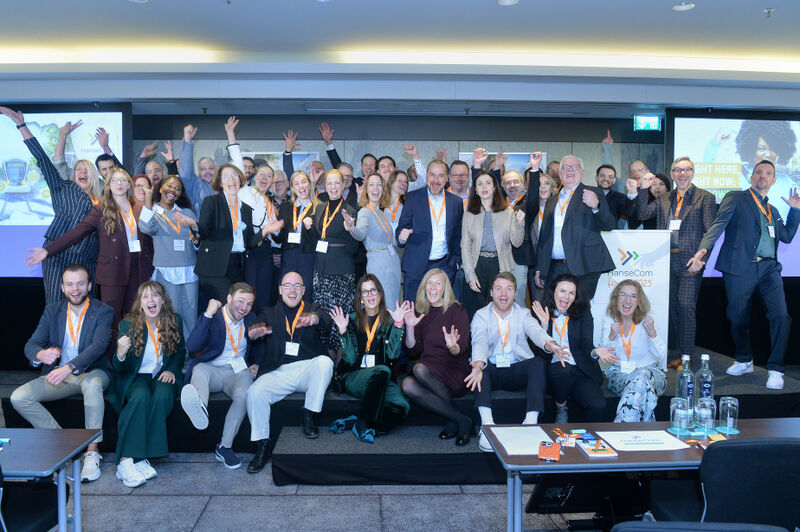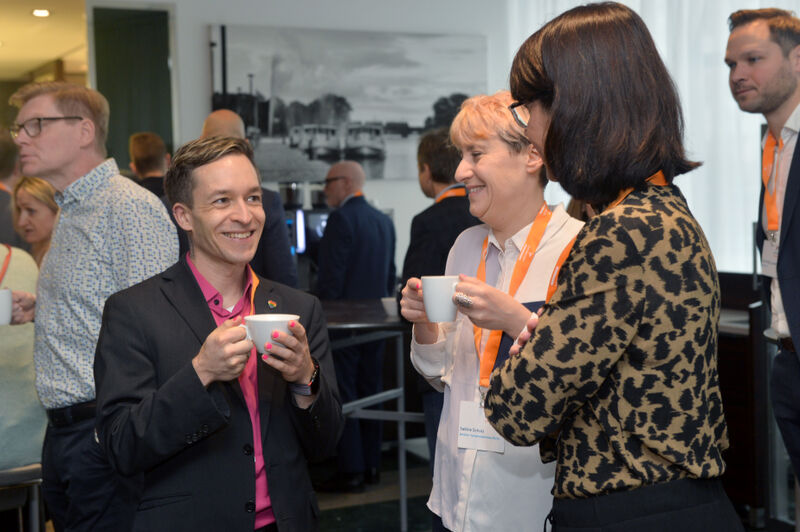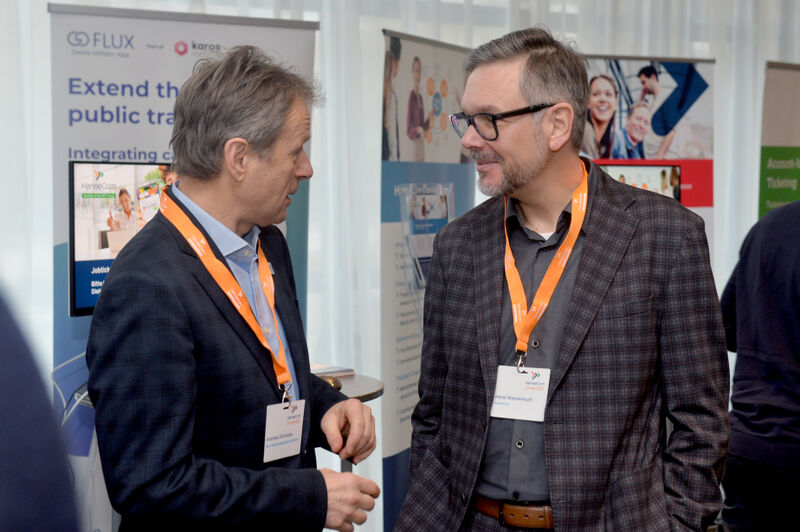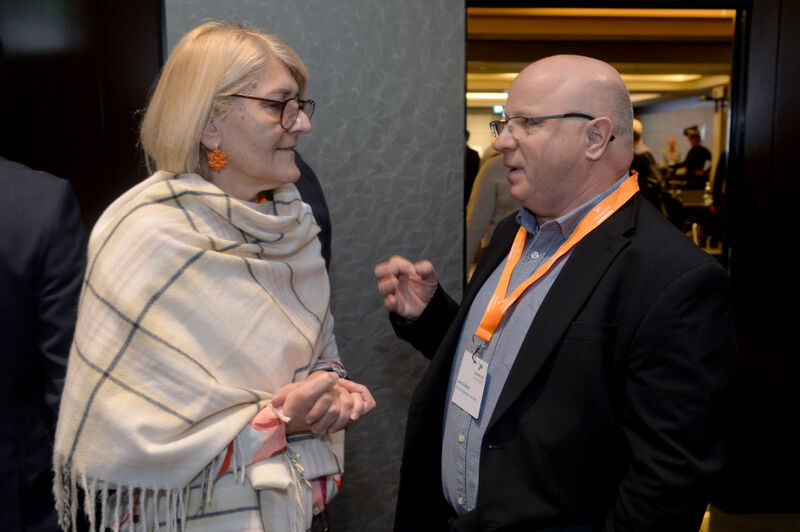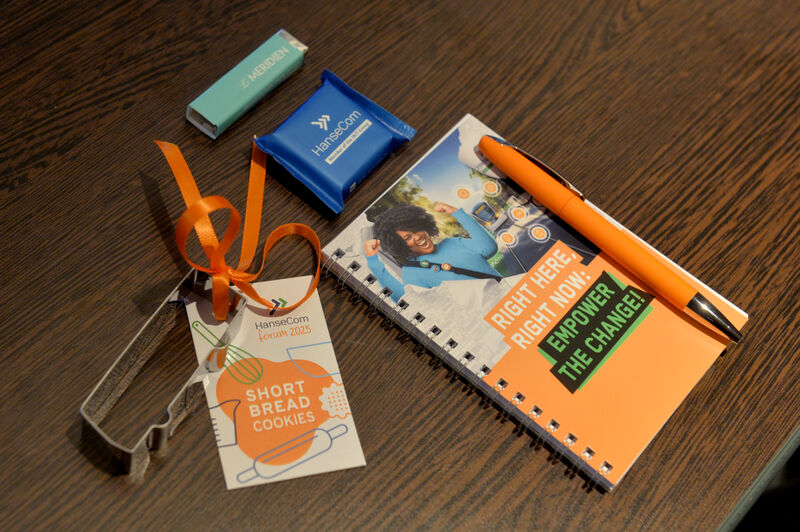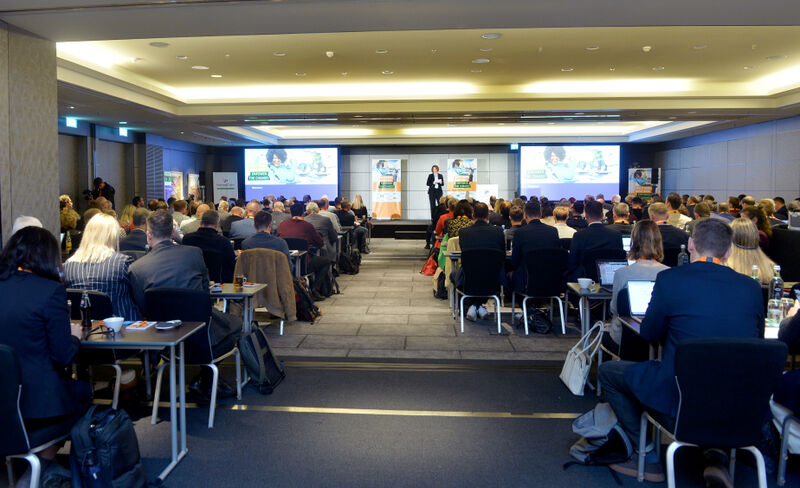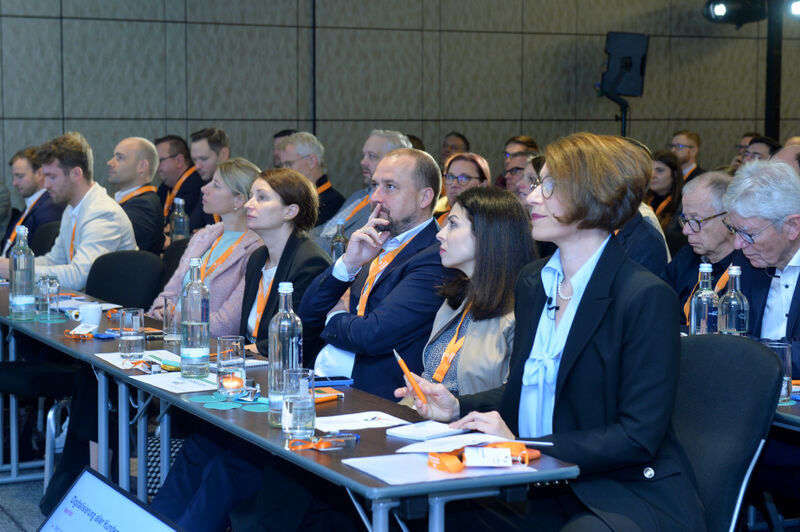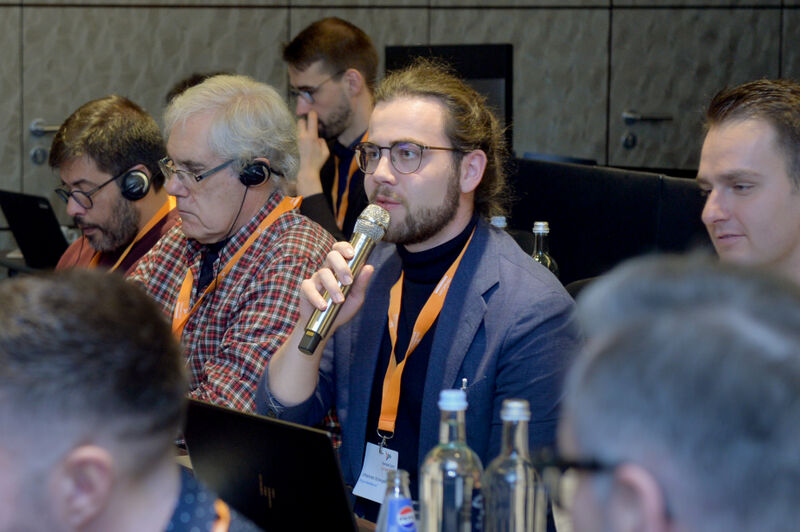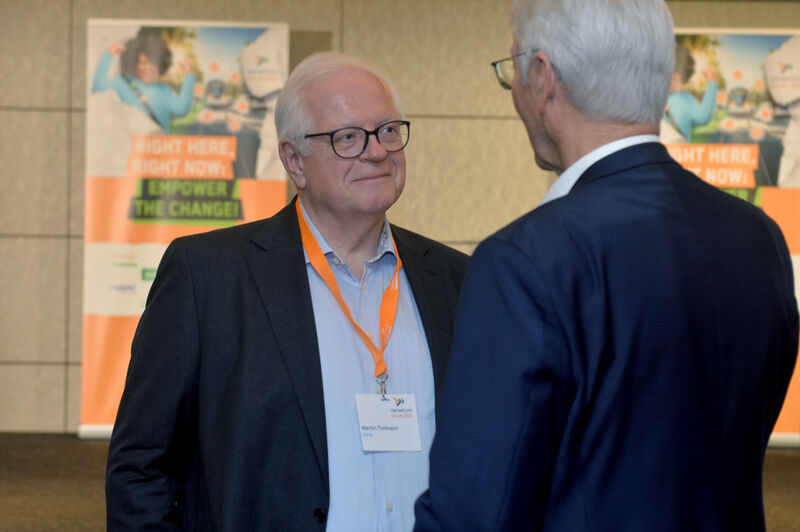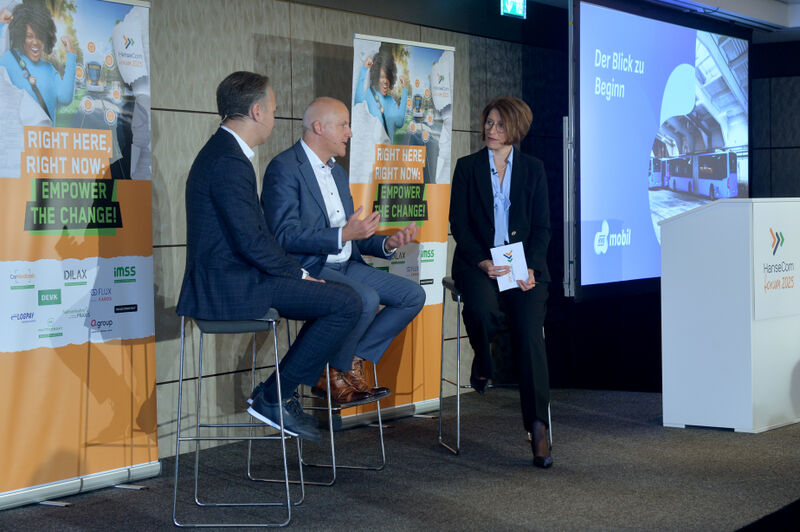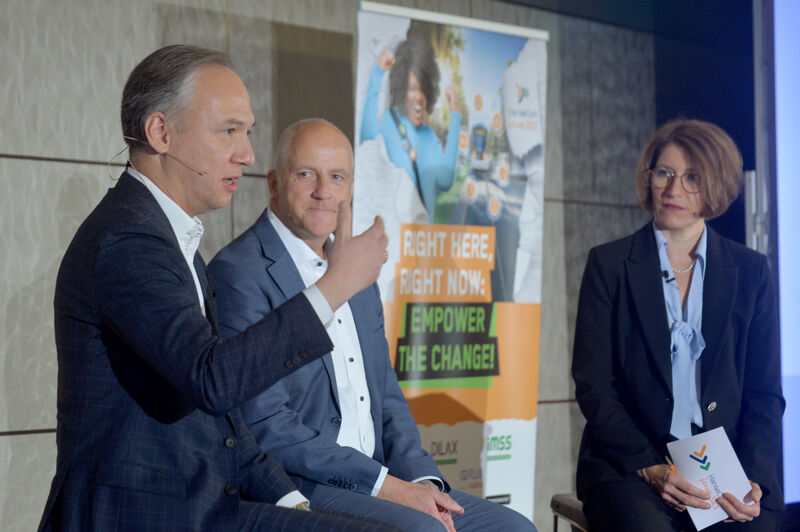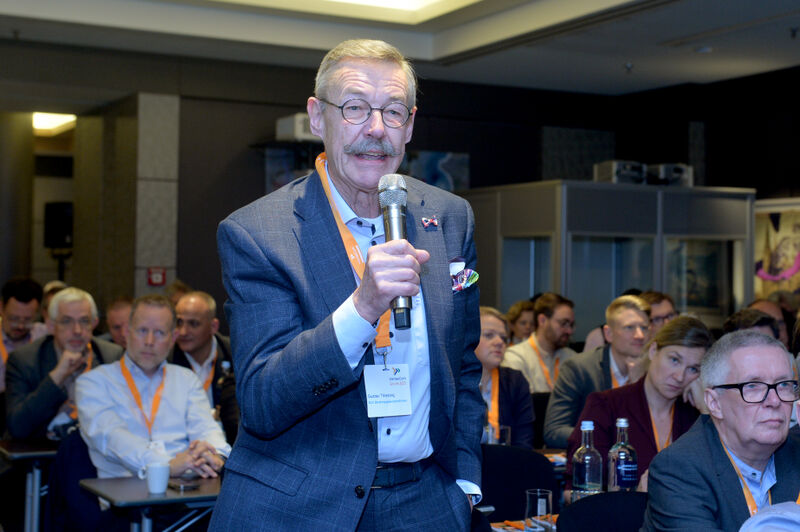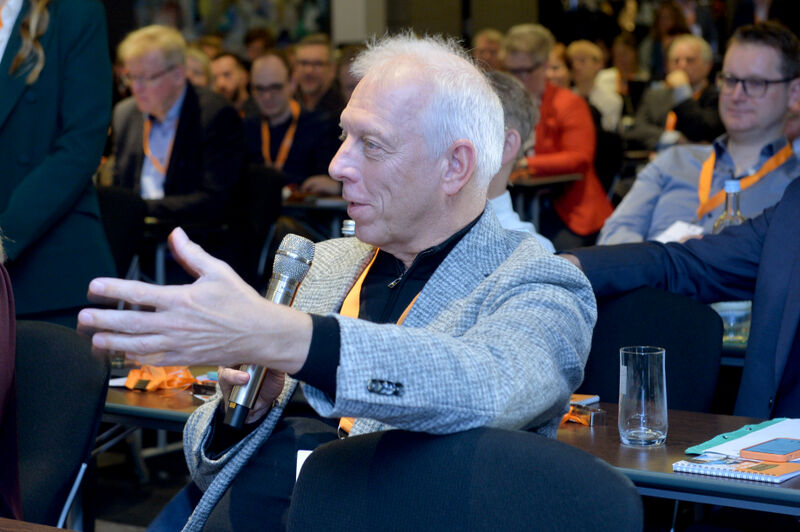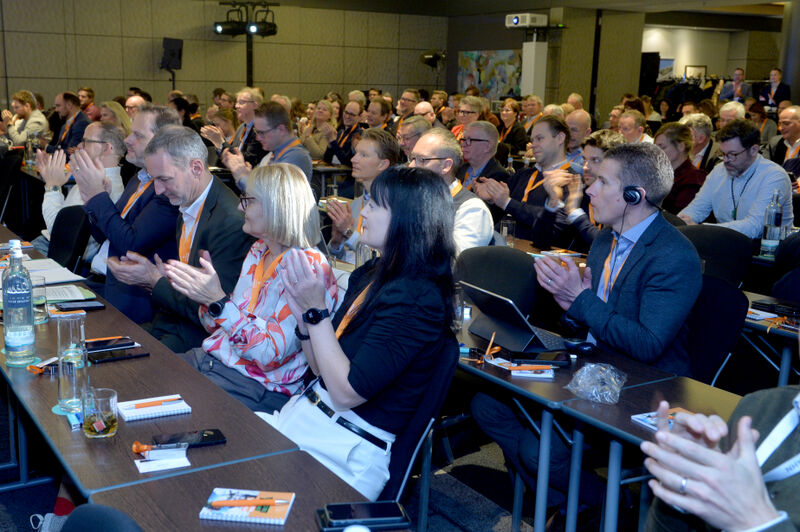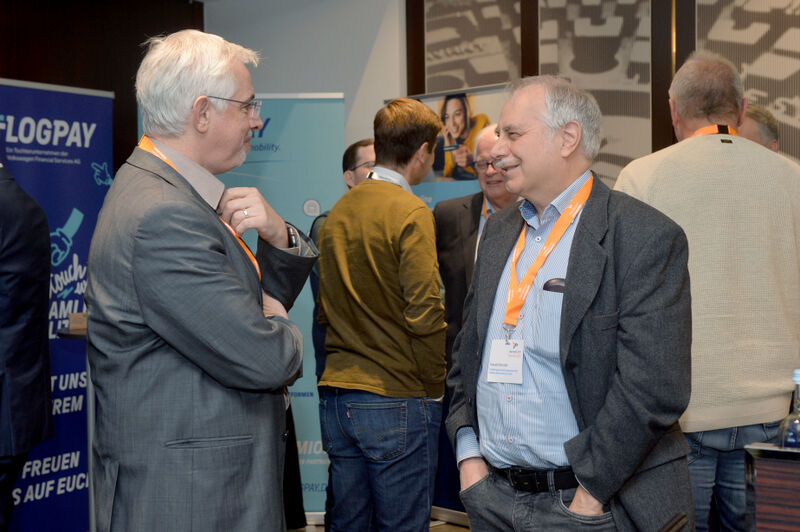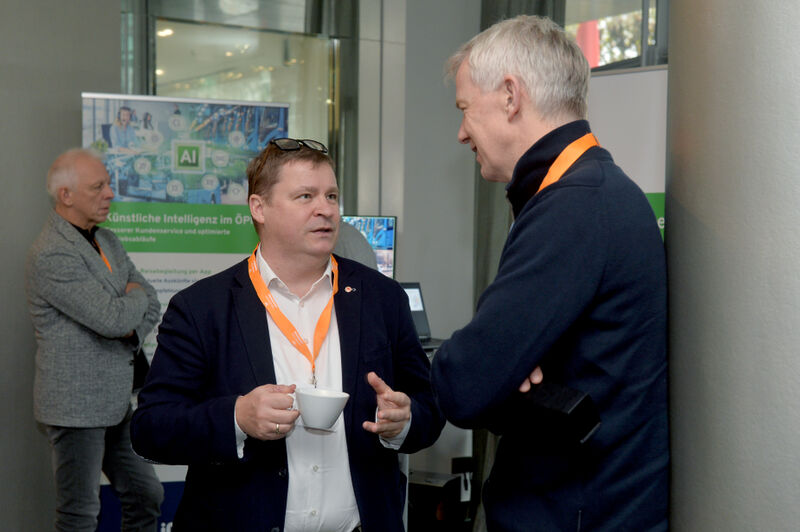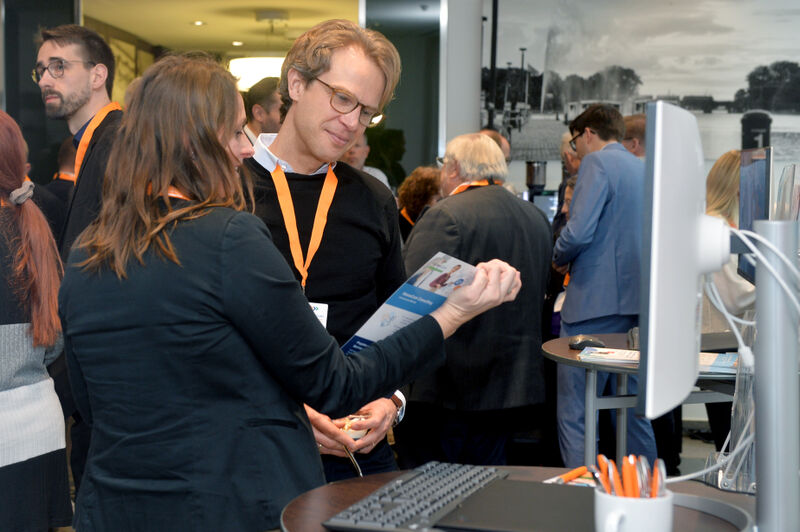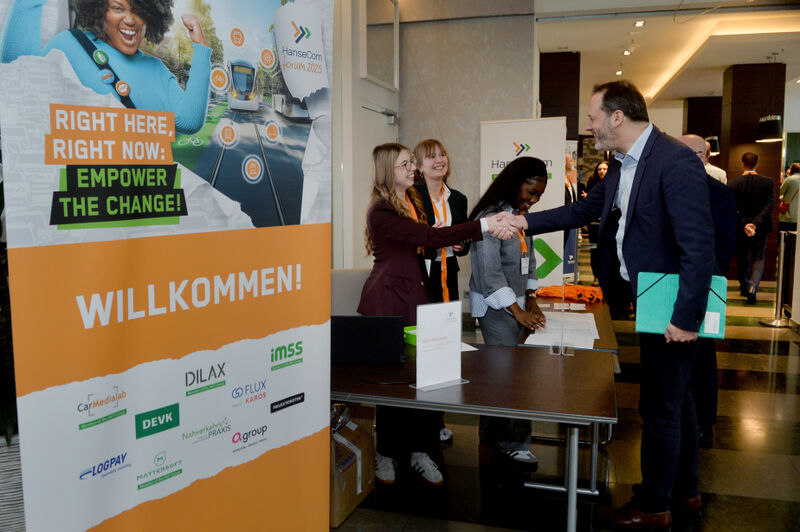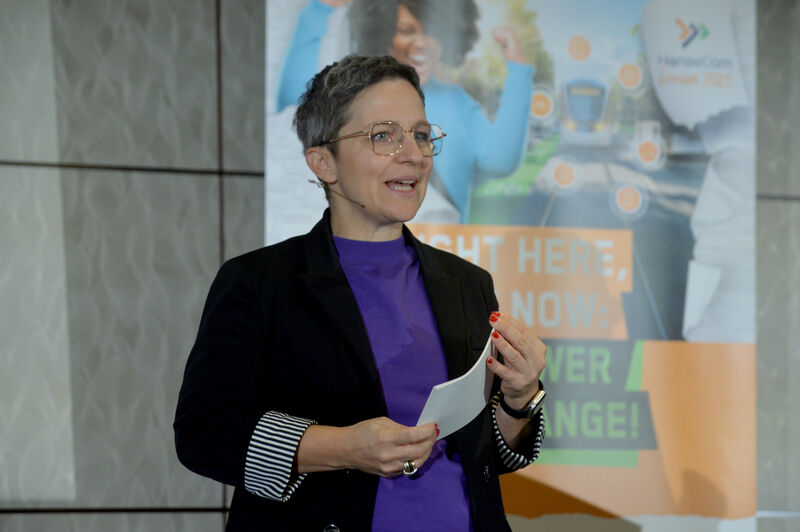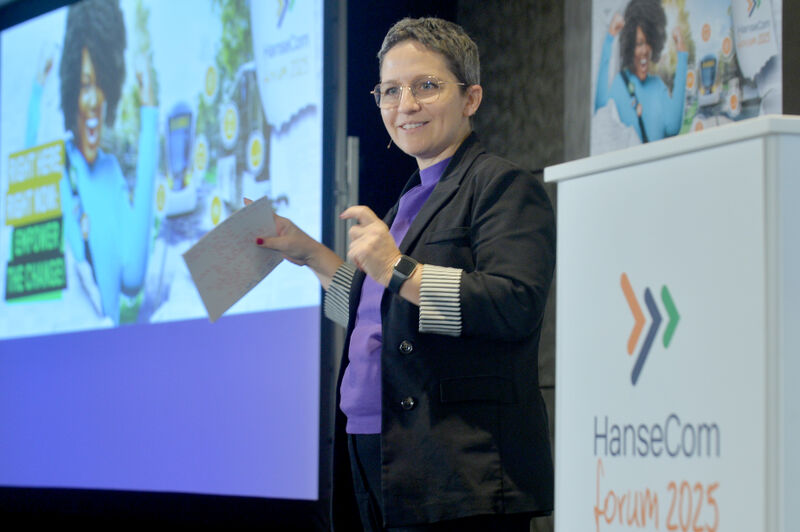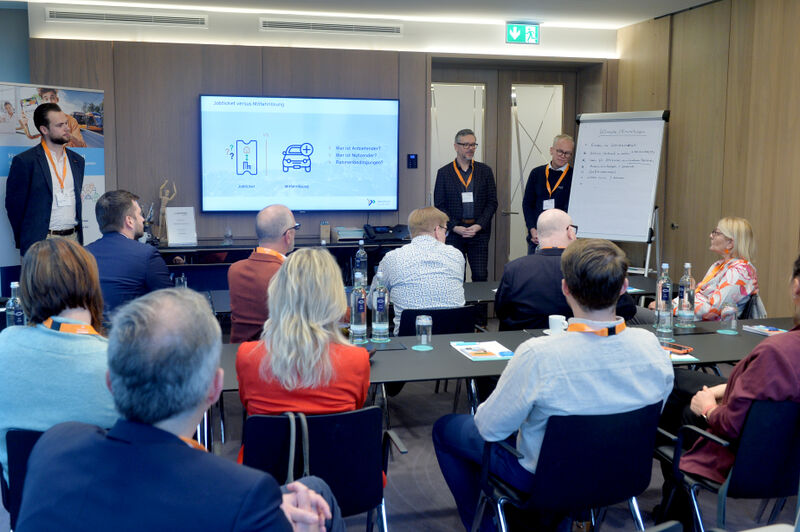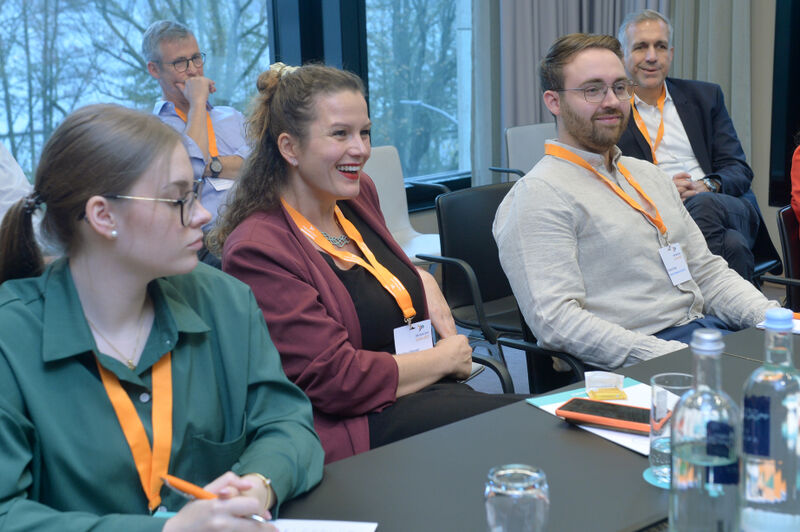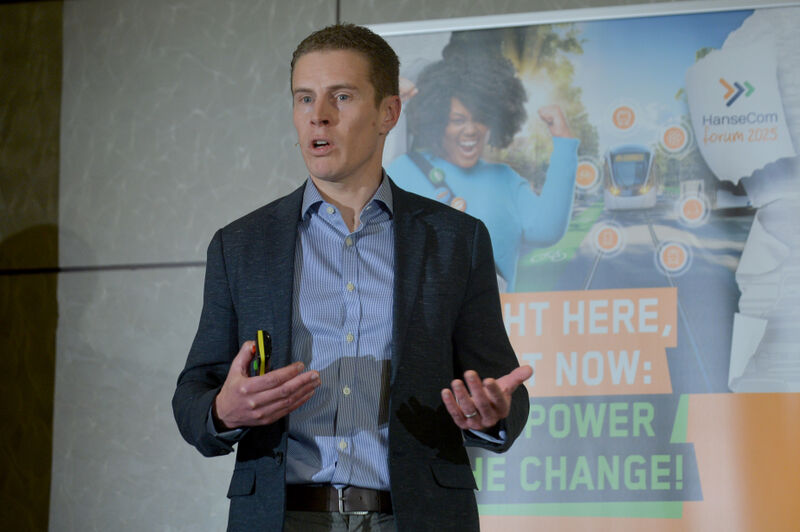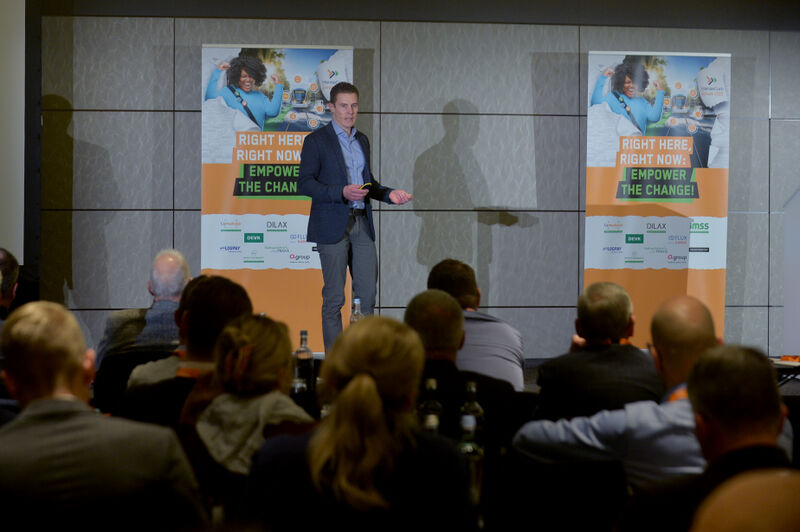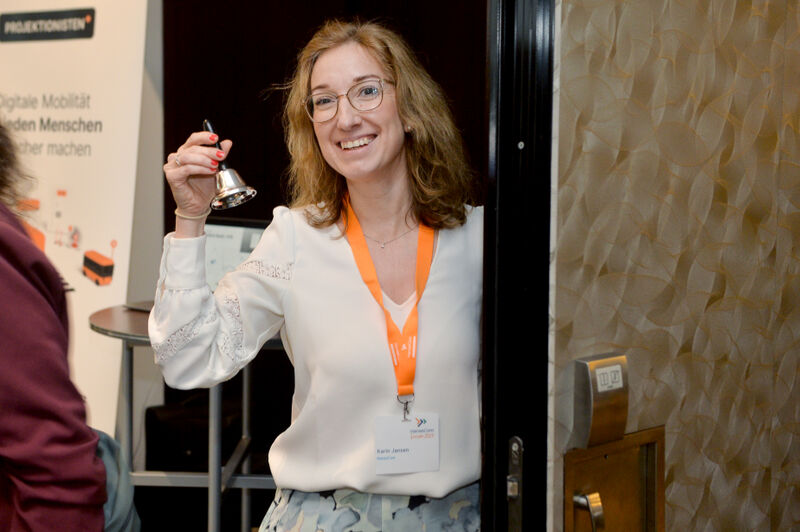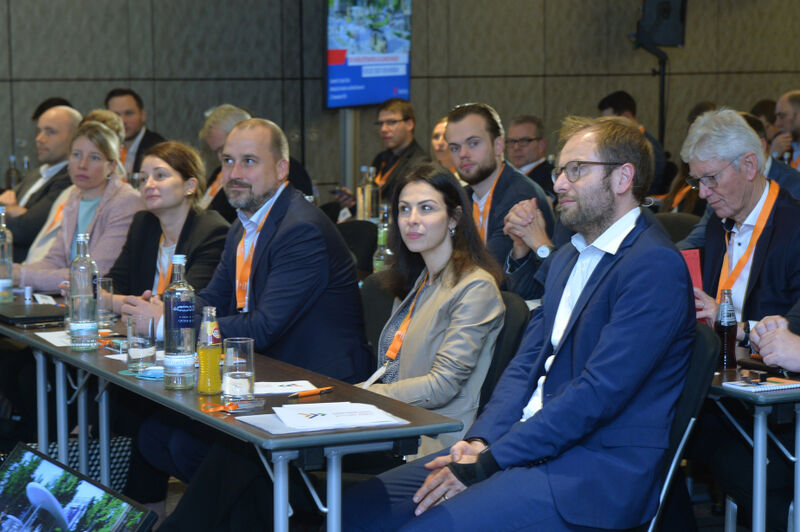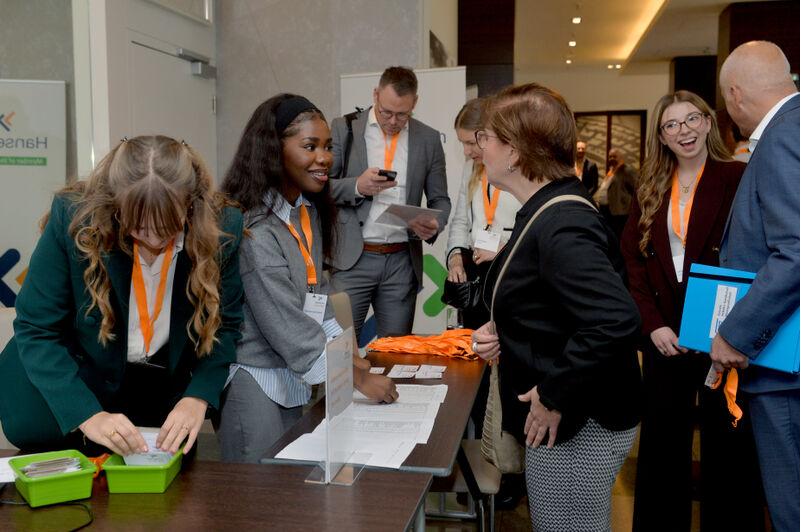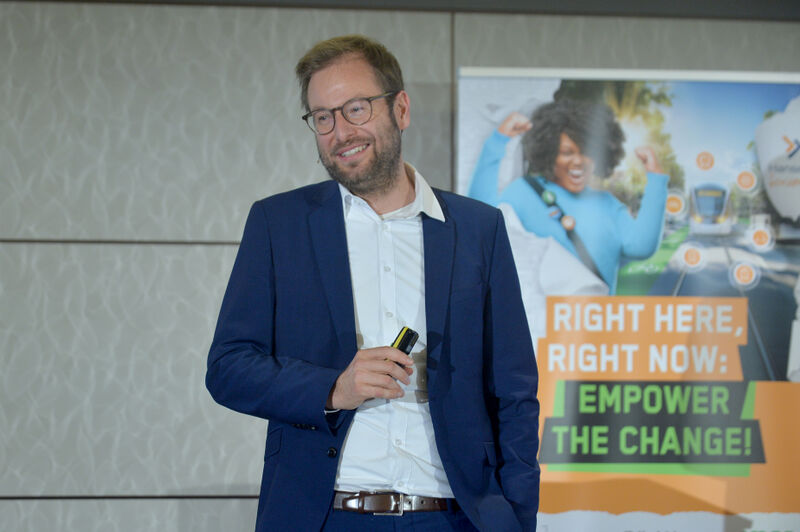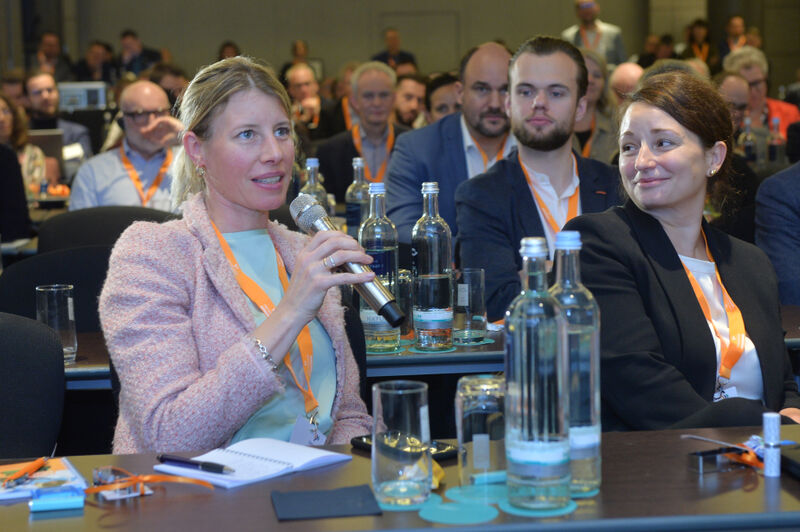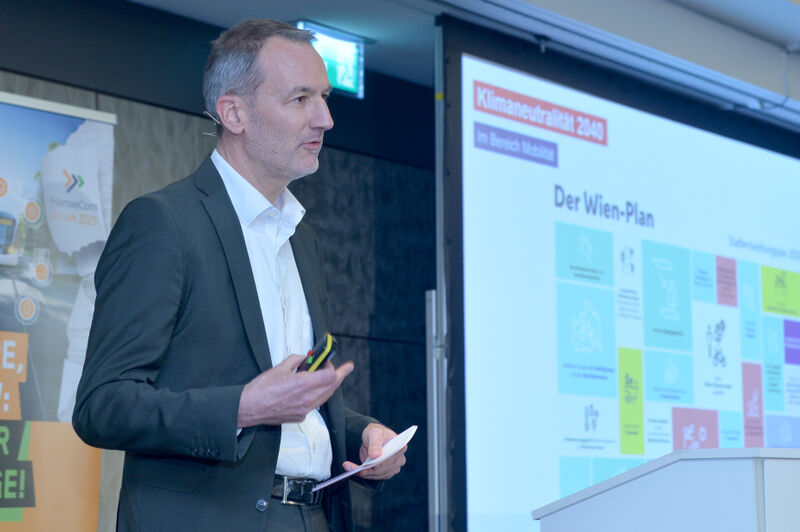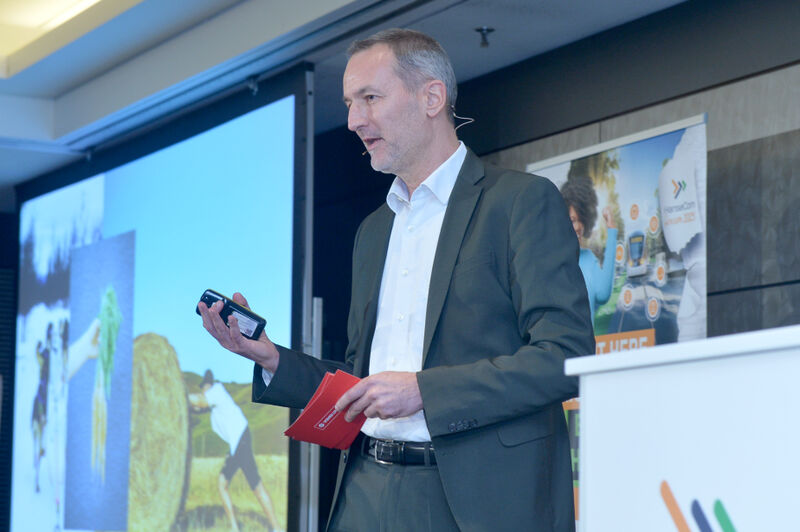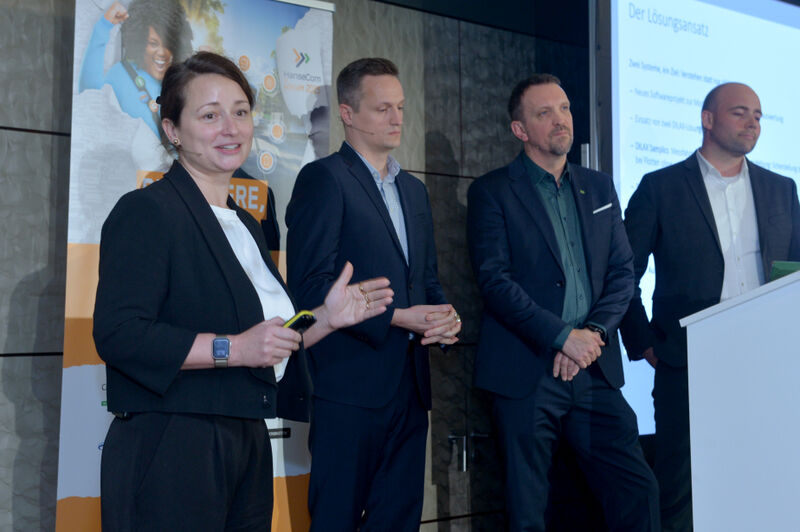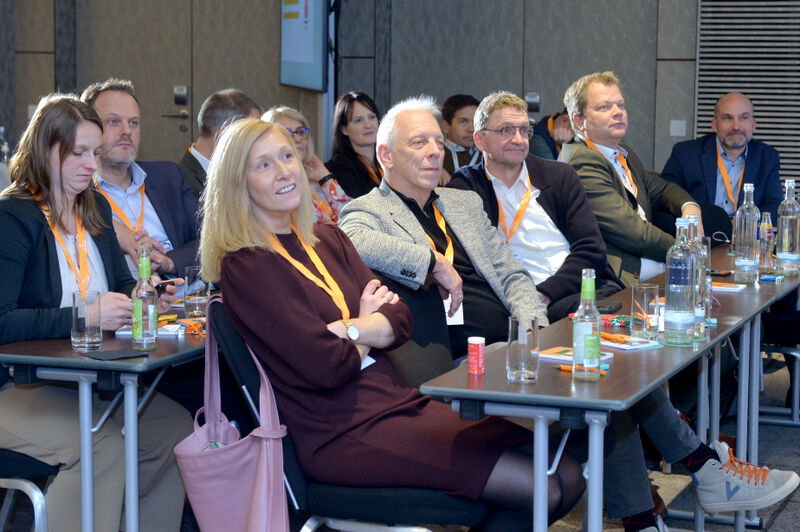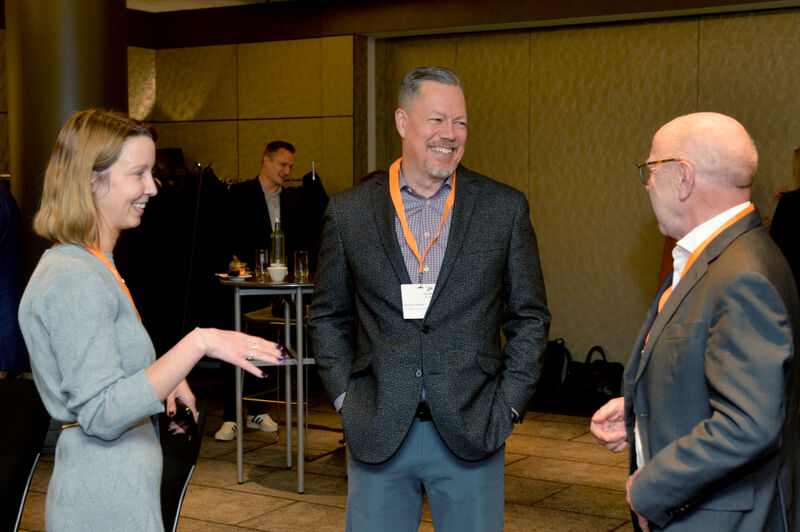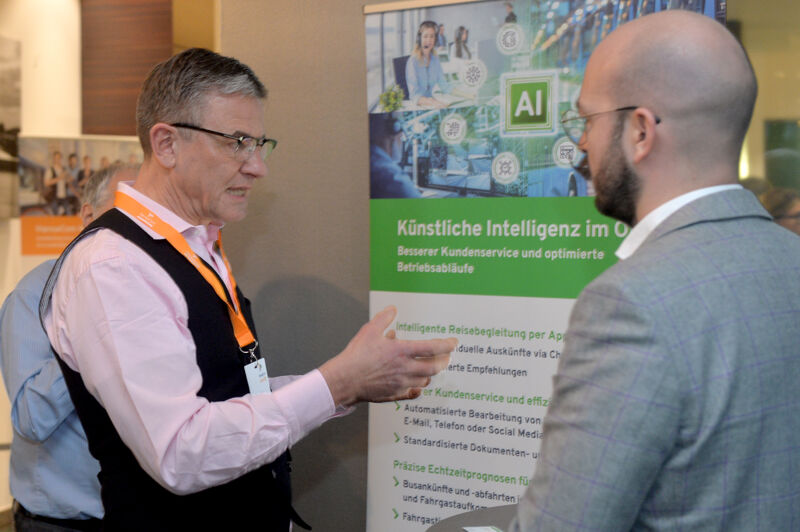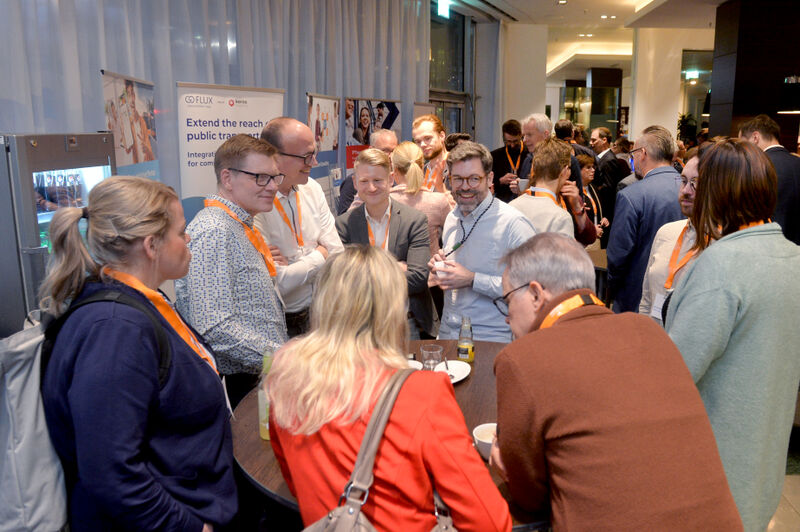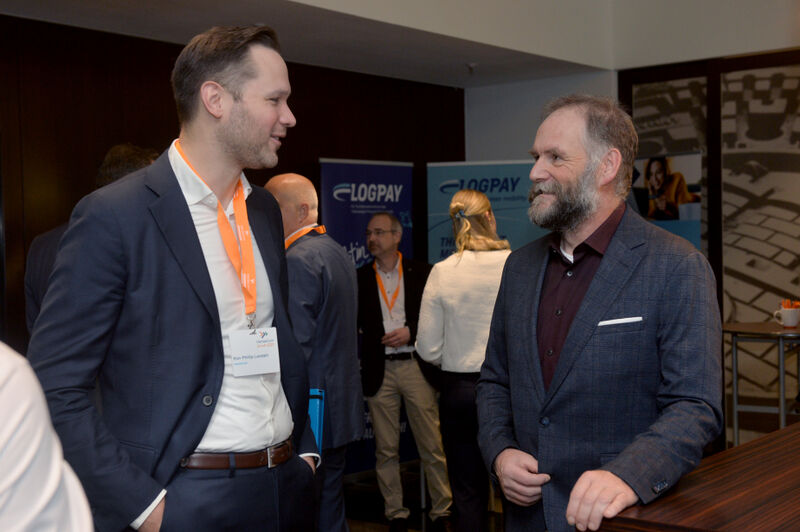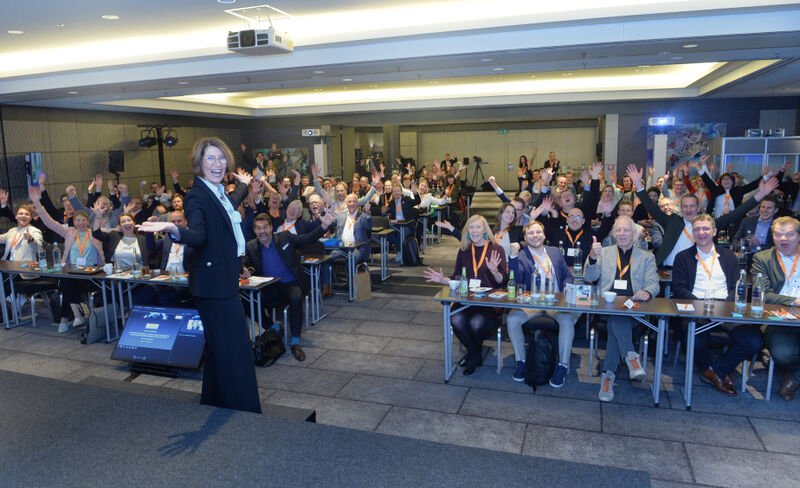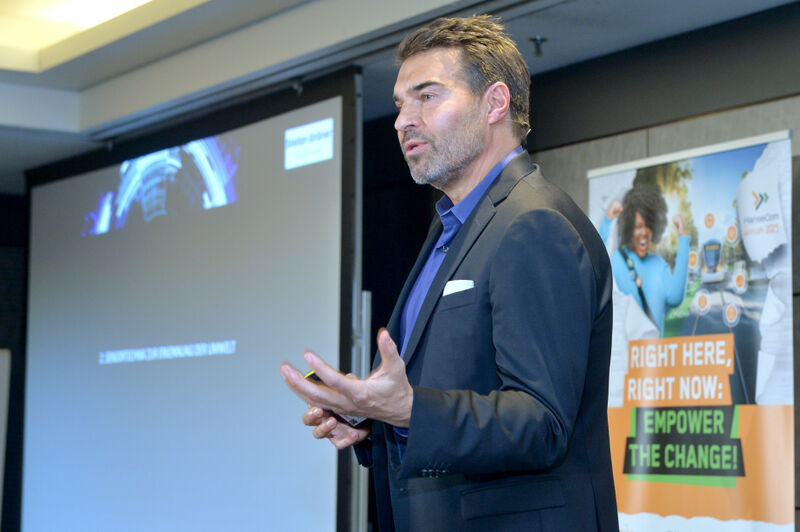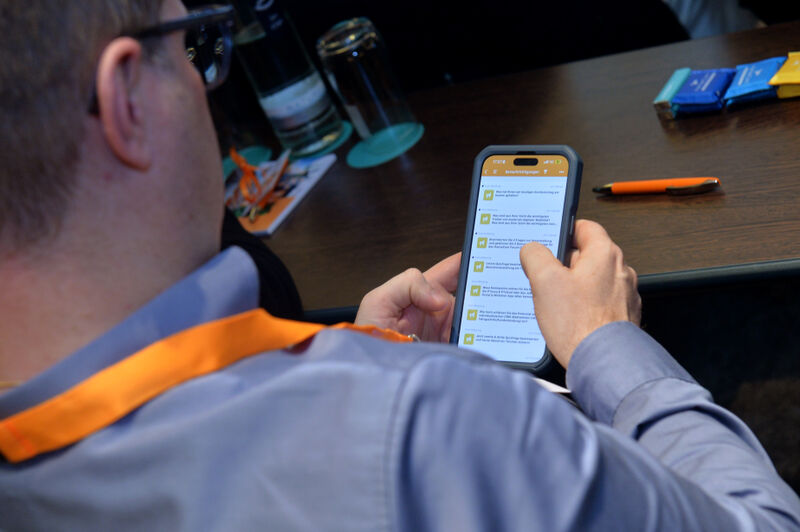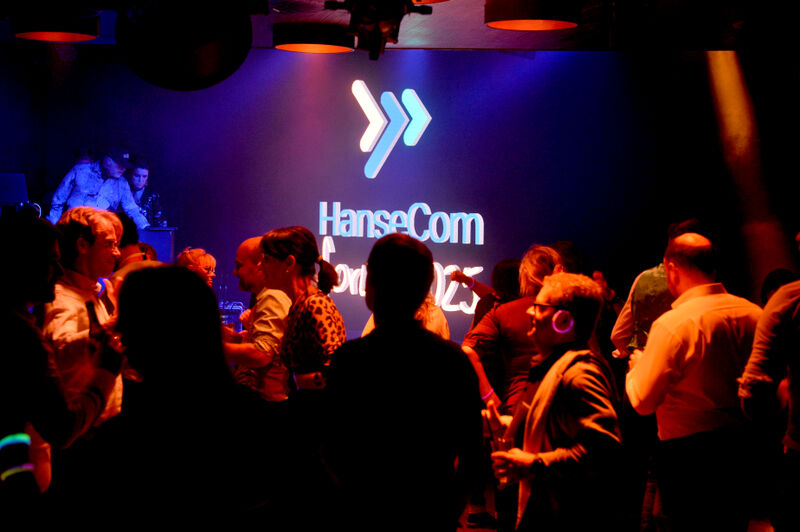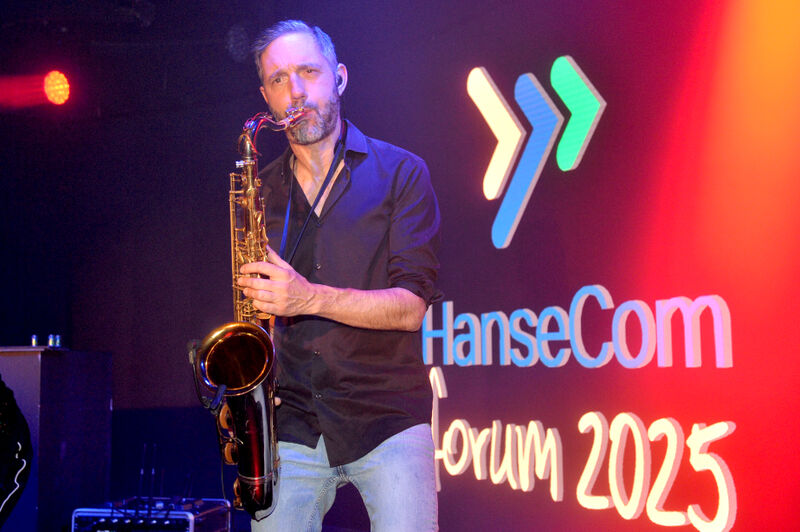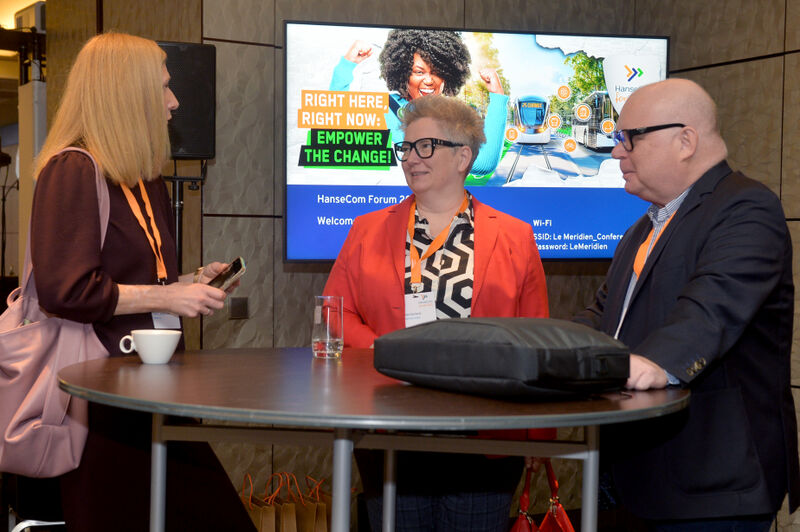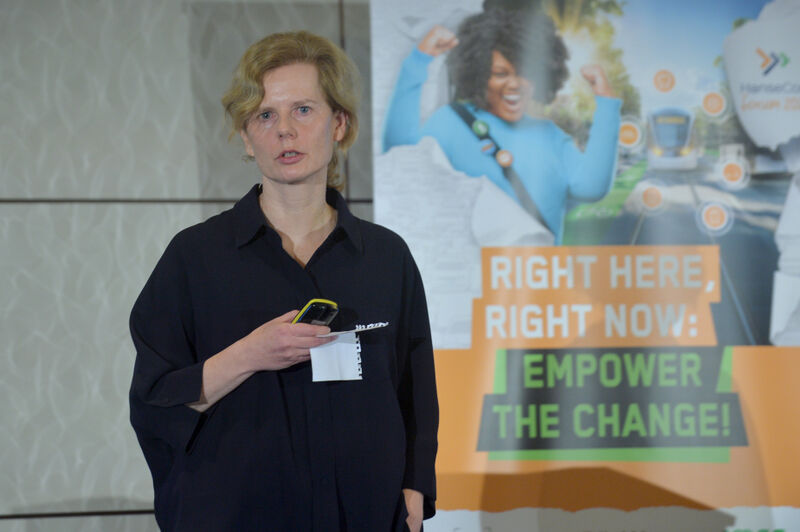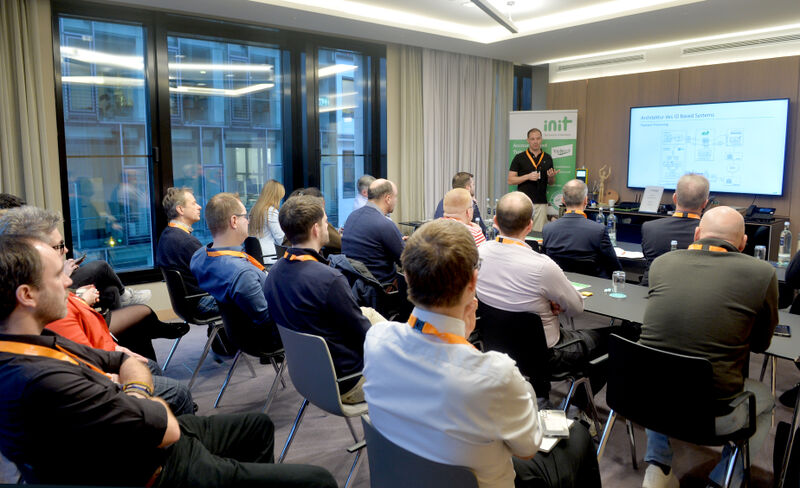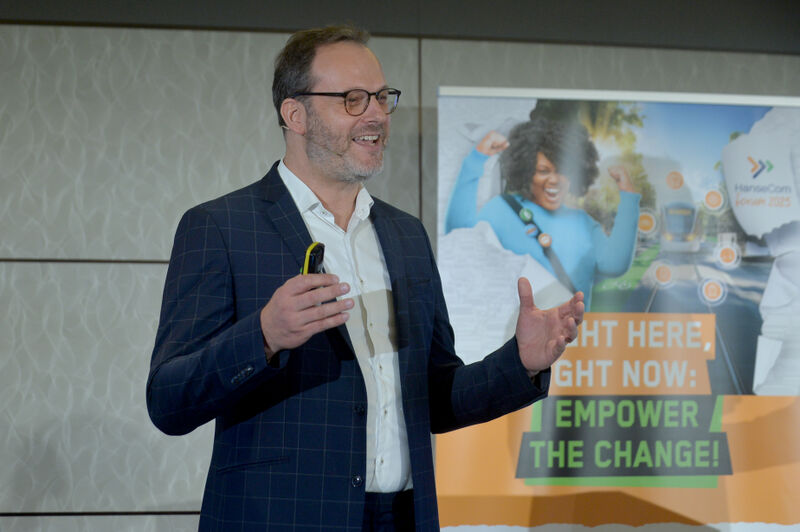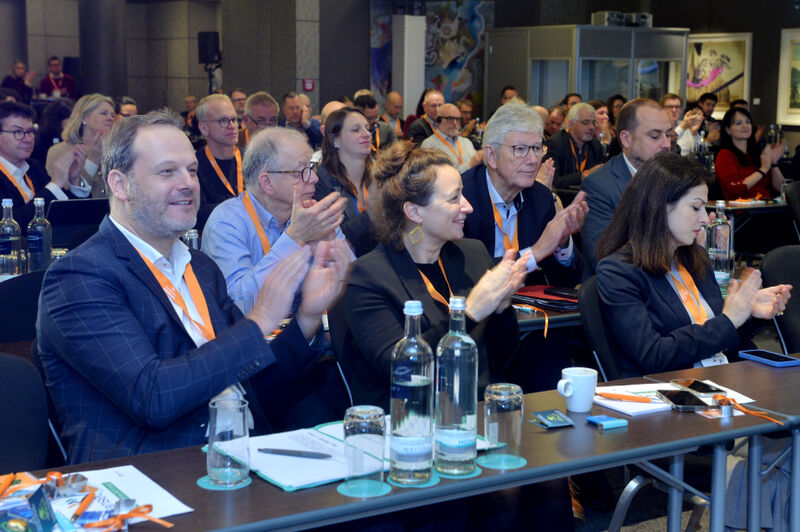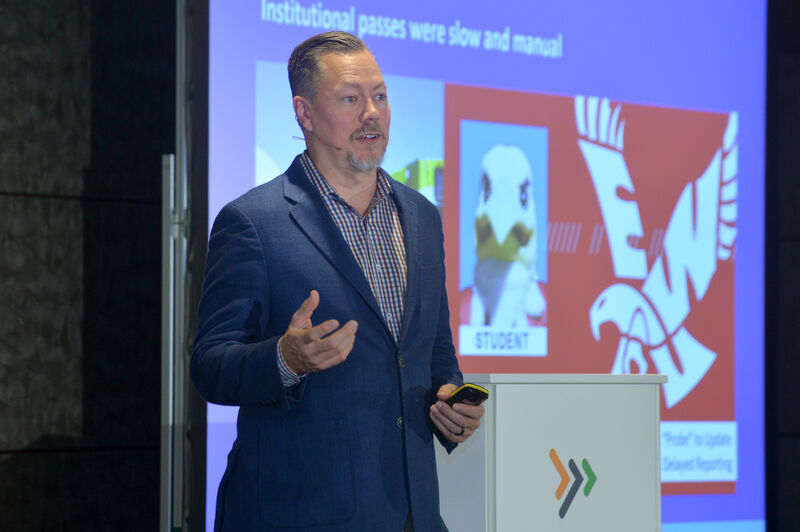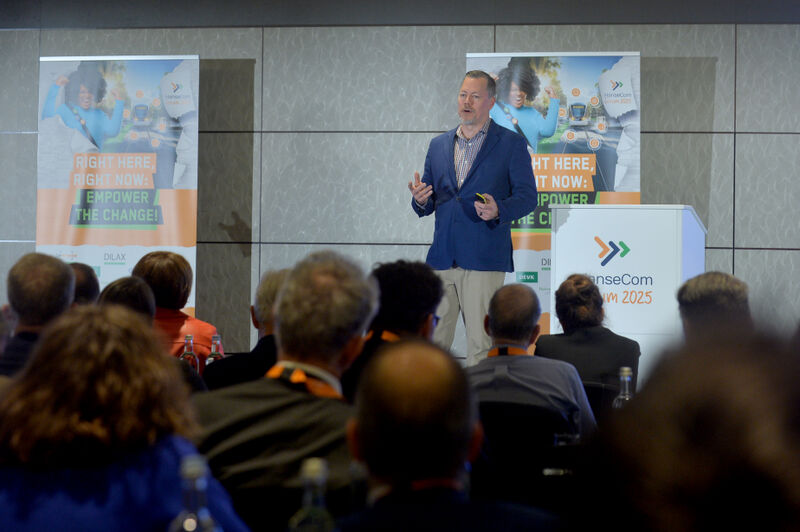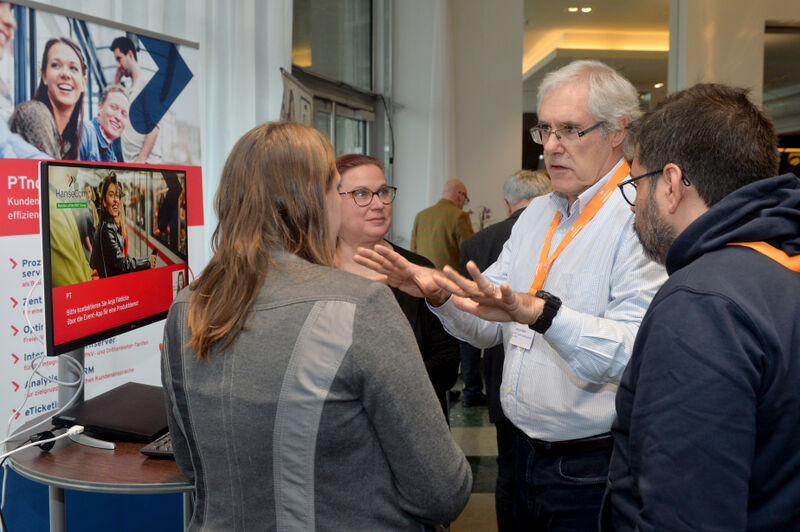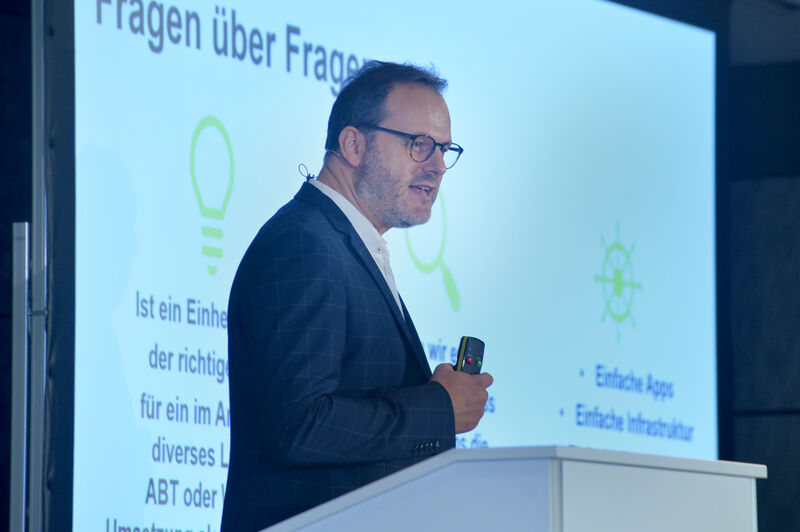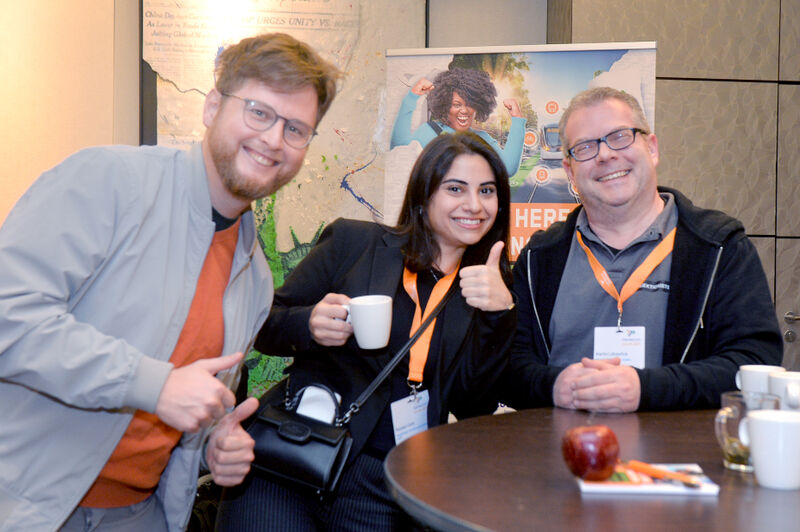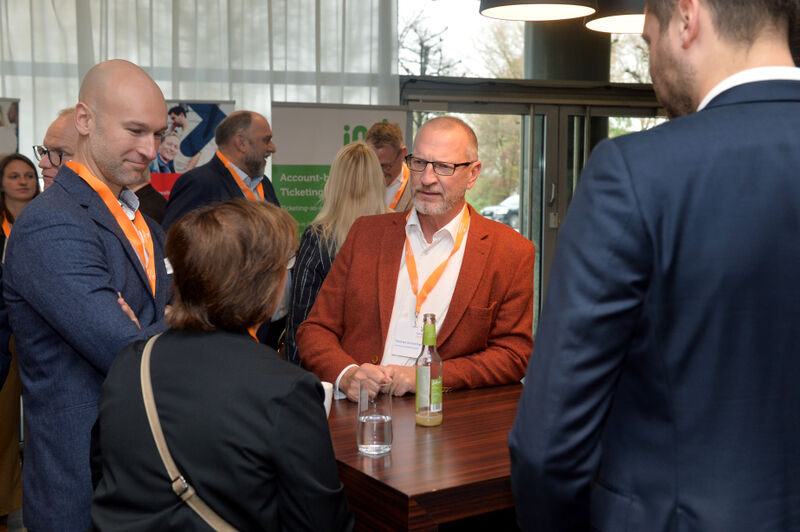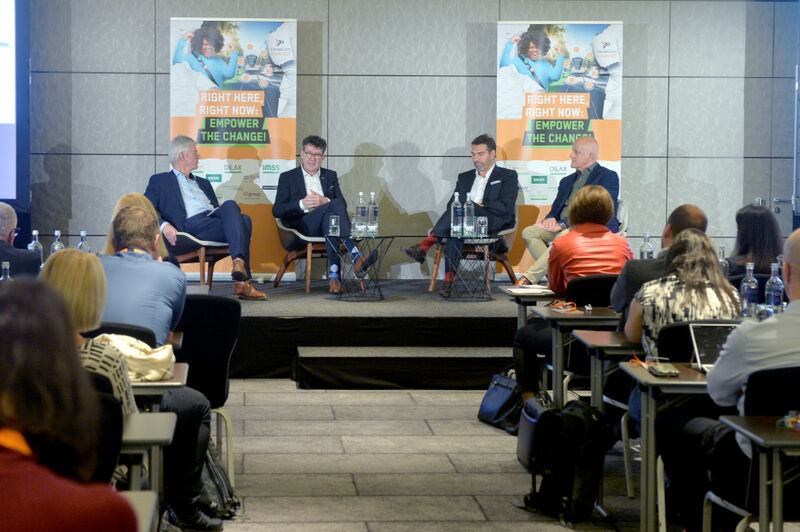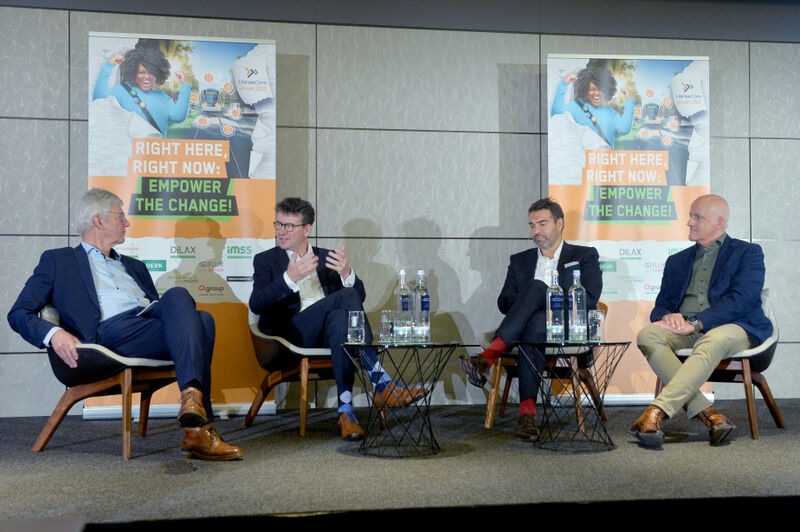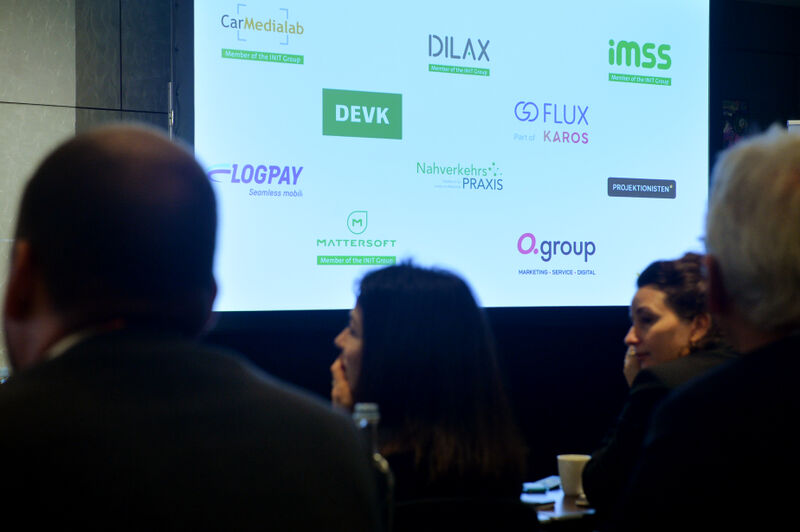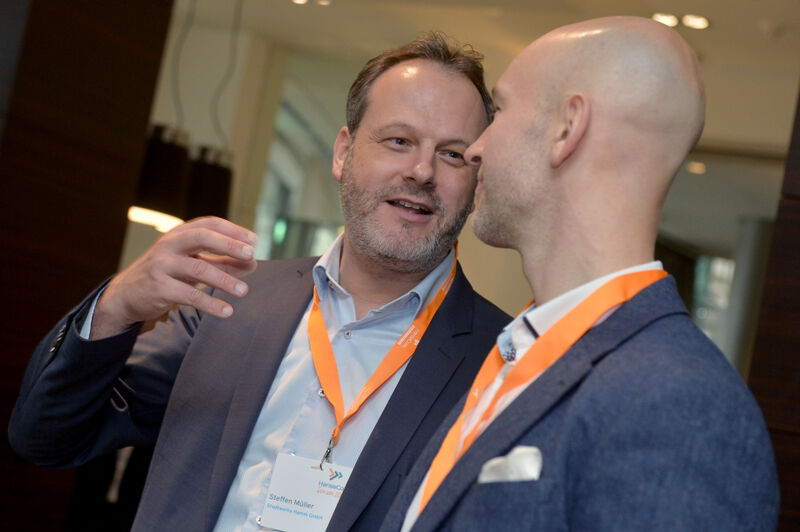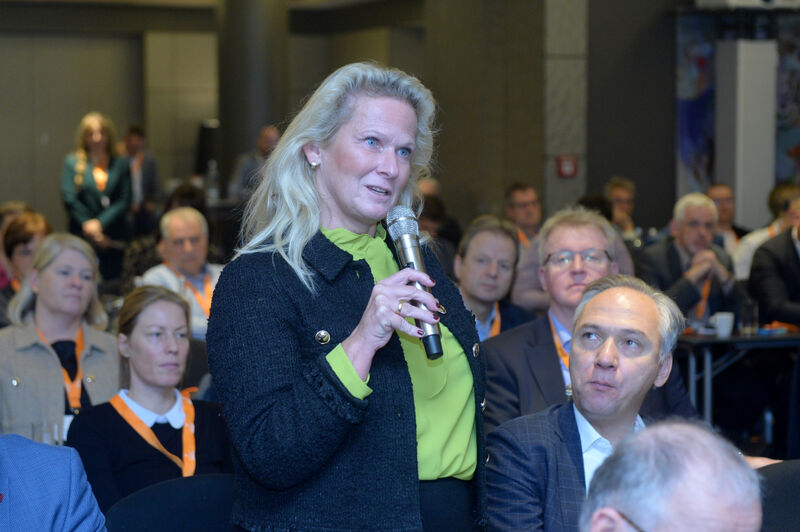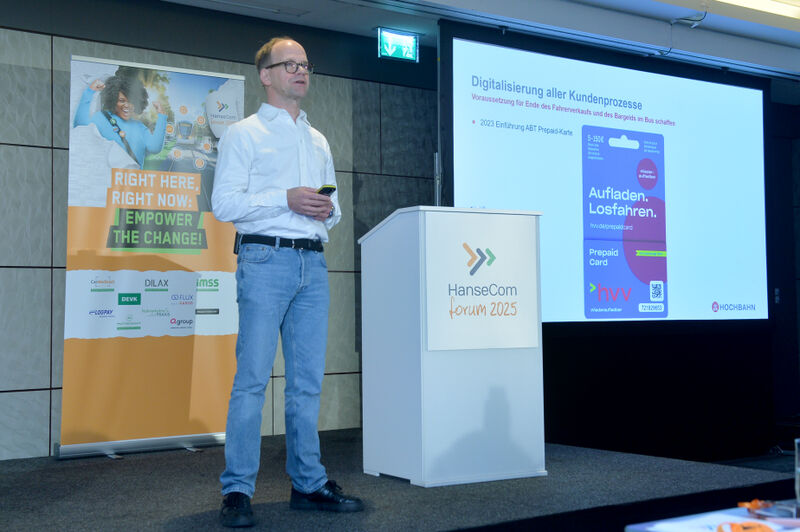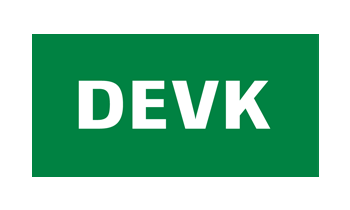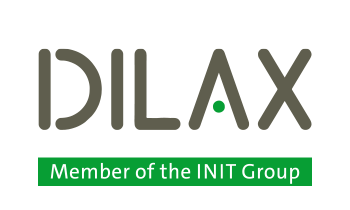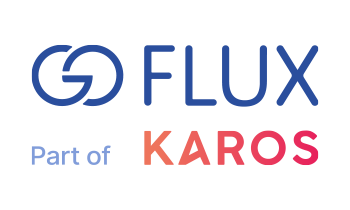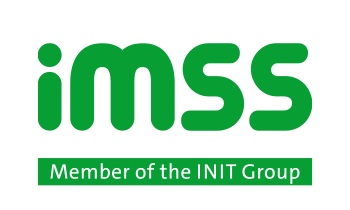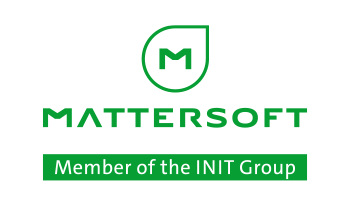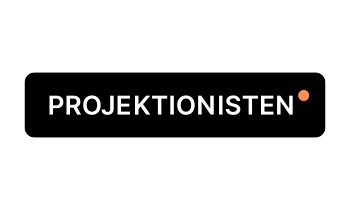Empower the Change: Right Here, Right Now!
That’s what the HanseCom Forum 2025 was all about
Artificial intelligence, the digitalization of sales processes, mobility-as-a-service and account-based ticketing – all key topics relevant to the world of public transport were presented at the 11th HanseCom Forum. In 20 presentations and workshops, international industry experts reported on best practices and success stories that clearly demonstrated how the mobility transition can become a reality. Get an impression of the 2025 conference on this page and register for the HanseCom Forum 2026 today!
Best of Video
Comments on the HanseCom Forum

What People Have to Say about the HanseCom Forum
Bettina Küpper, Rheinbahn, Germany
Heiko Lindner, Kasseler Verkehrs-Gesellschaft
Helge Tönshoff, Bochum-Gelsenkirchener Straßenbahn, Germany
Lukas Böhm, Kompetenzcenter Marketing NRW (KCM)
Michael Schröder, Kasseler Verkehrs-Gesellschaft, Germany
Jan Hofmann, Barnimer Bus Company, Germany
North Rhine-Westphalian Transit Agency
That was on the agenda
Renowned public transport experts provided insights into successful strategies and projects and discussed the latest trends and technologies that drive the mobility industry.
These were the speakers
Head of Market/Customer, Wiener Linien, Austria Personalized Mobility in Public Transport: Wishful Thinking or Reality?
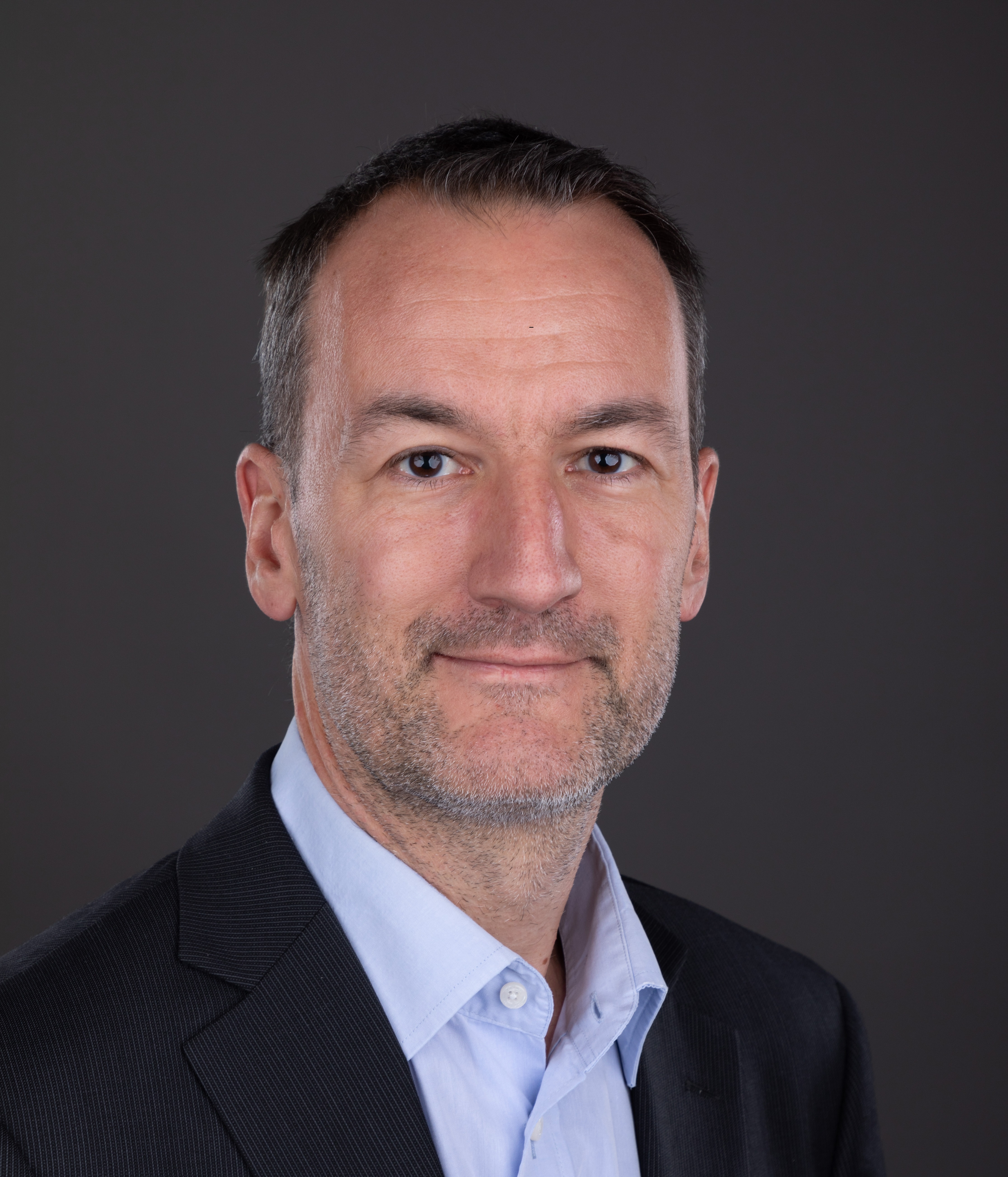
Klaus Bamberger, Head of Market/Customer, Wiener Linien
Klaus Bamberger is a veteran in the field of mobility management and strategy development. Born in Salzburg in 1974, he has had an impressive career at Wiener Linien GmbH & Co KG. He has been filling the position of Head of Market/Customer since 2017 and previously held various management positions at Wiener Linien, including Head of Services and Mobility and Head of Strategy Development. Klaus Bamberger also provided leadership during the start-up phase of Upstream next level mobility GmbH as Managing Director. His education includes a degree from the Vienna University of Economics and Business and Sheffield Hallam University as well as qualifications in service design as well as certified project and process manager.
Personalized Mobility in Public Transport: Wishful Thinking or Reality?
Can a modern vision of individual freedom of mobility be implemented quickly and sustainably in the public transport arena? Wiener Linien and the City of Vienna are eager to prove that it can be done. This presentation explains the strategies for (shared) mobility Vienna is implementing to shape the modal split of the future. These include, for example, the WienMobil top-tier brand that includes physical and digital offers as well as a “car bet” that challenges 40 households in Vienna to give up their own car for three months in exchange for a mobility budget.
The City of Vienna and Wiener Linien have set themselves ambitious targets. These are mapped in a performance management system and broken down into team targets at Wiener Linien right down to the team level. Operator Wiener Linien aims to achieve these objectives through push and pull strategies, with a focus on the pull principle.
The digitalization of all processes is the prerequisite for setting new shared mobility standards, making sales more efficient and gaining more regular customers. Wiener Linien relies on individualization through CRM, uniform data bases, the PTnova customer management and sales backend system and a customer data platform (CDP).
Head of Sales and Transportation, Hamburger Hochbahn AG, Germany Sales Under Pressure
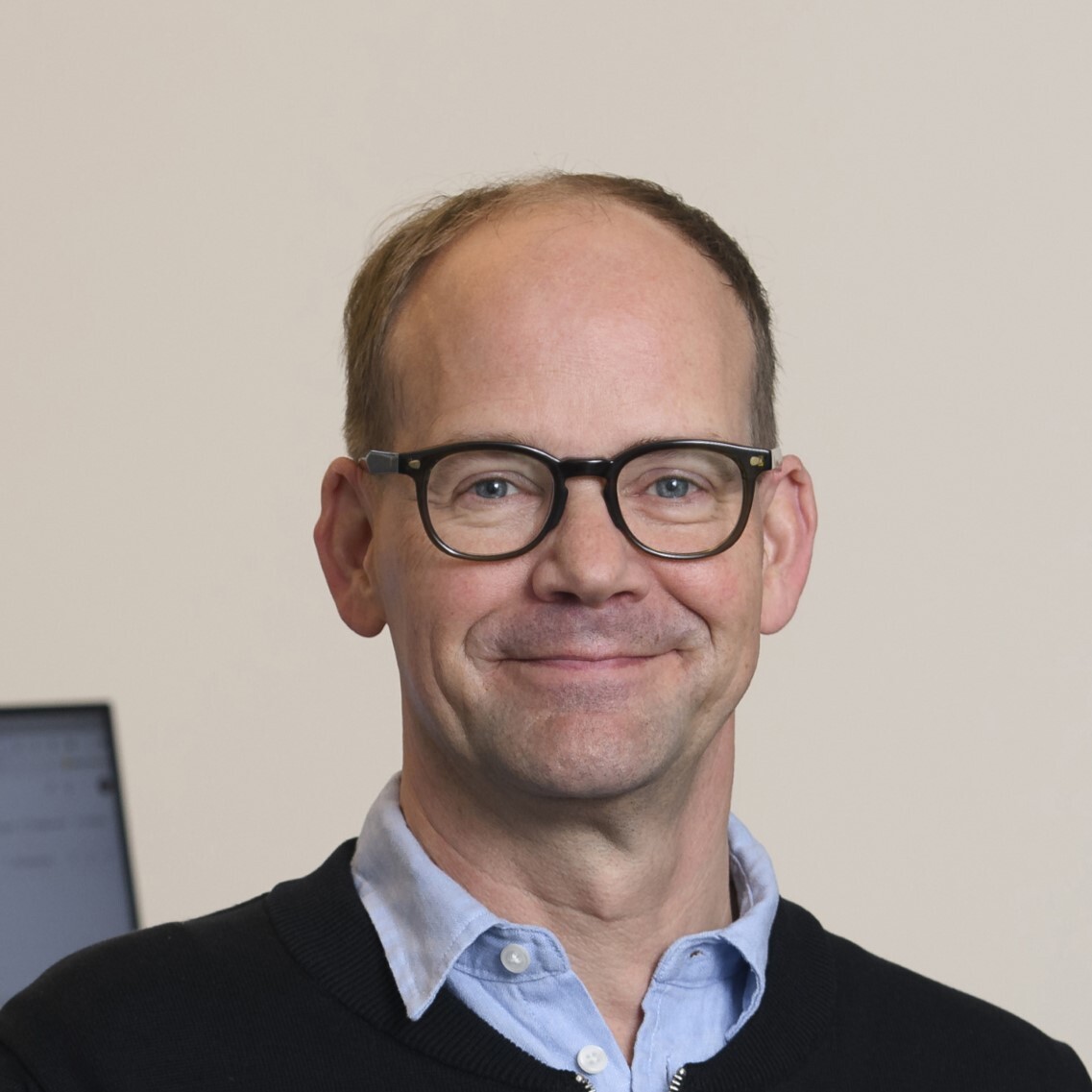
Dirk Bestmann has been Head of Sales and Transportation at Hamburger Hochbahn AG since 2008. He is mainly responsible for the company’s revenue management, ticket sales and customer information in the Hamburg Transport Association as well as the “hvv switch” mobility platform.
The cross-provider mobility platform hvv switch enables customers to combine public transport services with complementary mobility services from a single source, integrated at a deep level.
Since its launch in mid-2020, the hvv switch app has already been downloaded 1.5 million times. In addition to the app, hvv switch also includes a network of presently more than 200 hvv switch points, with new points and exclusive charging infrastructure being added continuously. As of March 2023, this also includes Europe’s largest car-sharing hub with 120 parking spaces at Hamburg Airport, which also provides a comprehensive charging infrastructure.
Sales Under Pressure
Rising costs, declining sales, tight public budgets: Transit agencies are under enormous economic pressure, which is also greatly impacting sales. At the same time, this presents a great opportunity to perform long-overdue consolidation measures and take on the challenges of the future with strength and determination. Hamburger Hochbahn presents its strategy.
Deputy Head of Sales, Rhein-Neckar-Verkehr GmbH (rnv), Germany rnv as the Central Subscription Service Provider in the VRN
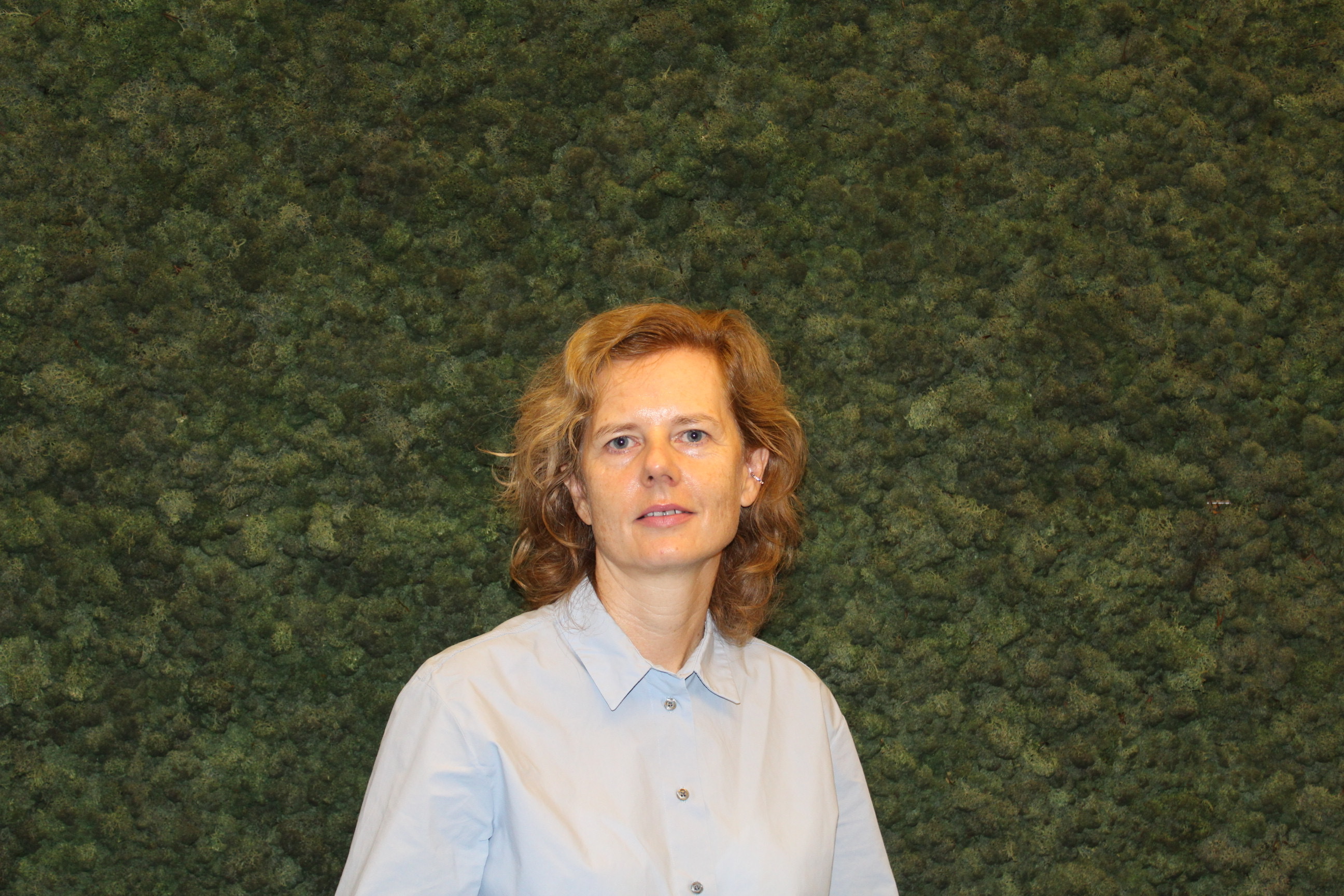
Born in 1975 near Dresden, the business graduate (FH) has been Head of Sales and Fares at Mannheim-based Rhein-Neckar-Verkehr GmbH (rnv) since 1 March 2025. Prior to this, she had already spent 10 years in a senior sales position responsible for subscriptions, among other things. In this role, she drove forward centralization initiatives at Verkehrsverbund Rhein-Neckar (VRN) with energy and passion.
From 2001 to 2011, Ms. Dehoust held various positions within MVV Energie AG in Mannheim, including Assistant to the Chairman of the Supervisory Board and Head of Auditing and Accounts Payable. She joined the municipal holding company in 2011.
rnv as the Central Subscription Service Provider in the VRN
rnv is the municipal transit agency founded jointly by the three cities of Heidelberg, Ludwigshafen and Mannheim. It operates across the borders of the three federal states of Baden-Württemberg, Rhineland-Palatinate and Hesse. The agency transports an average of around 500,000 passengers on a regular working day and manages close to 300,000 subscription customers.
As a subscription service provider, rnv has been offering partners in the Rhine-Neckar Transport Association (VRN) access to digital products and a high-performance sales infrastructure since 2016.
This presentation highlights the framework conditions and previous development steps towards centralization in the association, illustrates the current sales strategy and points out various challenges in the context of digitization, such as chip cards vs. mobile tickets and the future role of AI.
Dean of Studies for Digital Management and Leadership, Fresenius University of Applied Sciences, Germany Mobility of the Future: Opportunities and Challenges in the Age of AI
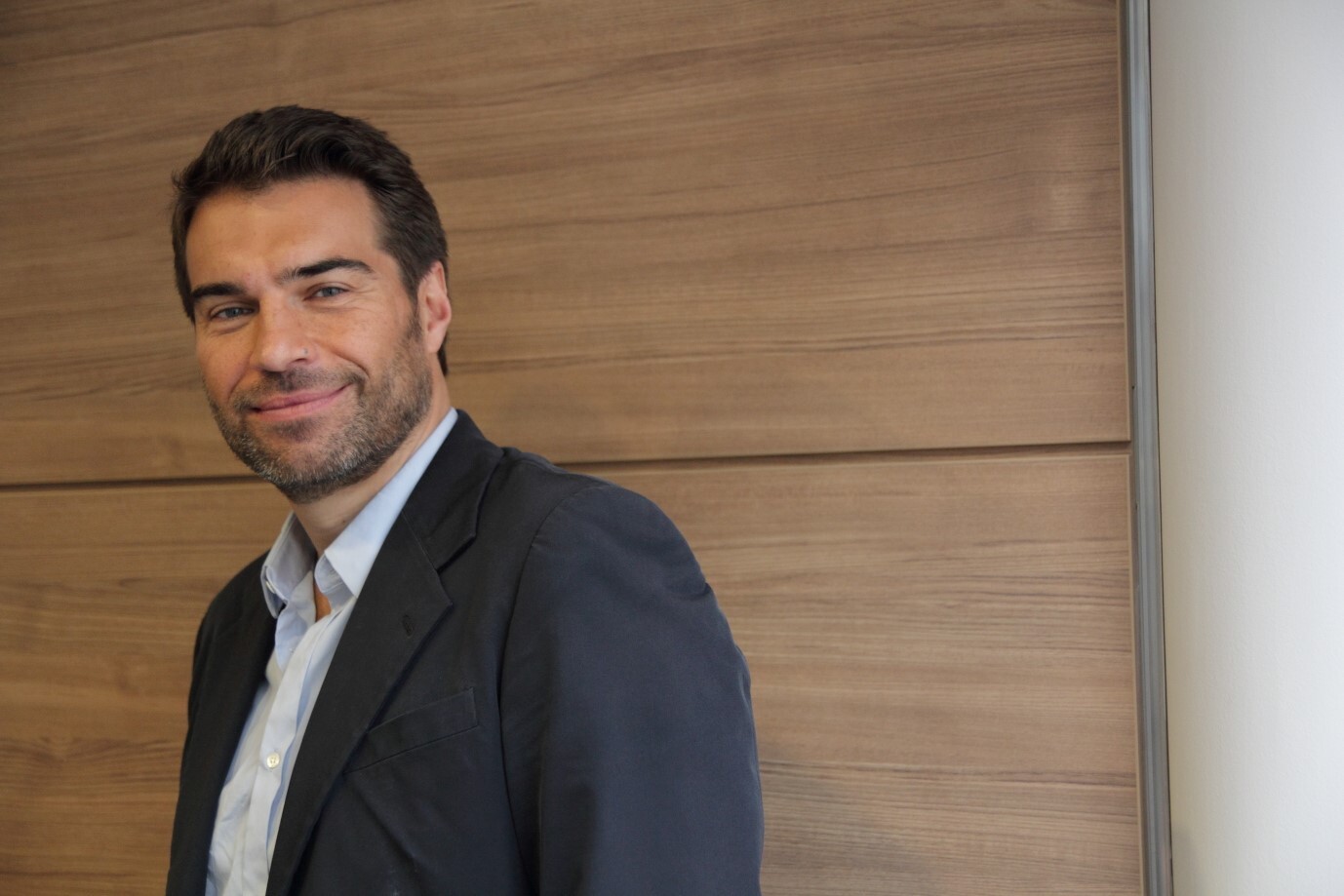
Prof. Dr. Stefan Gröner, futurologist, author and keynote speaker, is instrumental in helping industries and companies embrace forward-looking technologies and concepts. Thanks to his experience in strategy consulting and in leading positions at major German media companies, he engages with top business decision-makers as an equal. The research he undertakes as Professor and Dean of Studies for Digital Management & Leadership at Fresenius University of Applied Sciences focuses on “Artificial Intelligence” and “Business Areas and Technologies of the Future.” By combining his scientific knowledge with his practical experience, he provides groundbreaking impulses and pragmatic solutions for overcoming strategic and human challenges. His lectures convey expert knowledge in a humorous and intuitive way, encourage visionary thinking and inspire people to actively participate in shaping digital change.
Mobility of the Future: Opportunities and Challenges in the Age of AI
Traffic in our cities and municipalities is characterized by congestion, high emissions and outdated mobility concepts. Public transportation plays a central role in creating sustainable mobility that improves the passengers’ quality of life. However, there are major structural, technological and personnel challenges to be overcome. While connected mobility solutions and autonomous vehicles offer great potential, successfully managing change requires clear corporate visions, customer-centric innovations, data-driven decisions and consistent adaptation to the changing needs of customers. The digital transformation in the age of artificial intelligence therefore requires transit agencies to radically rethink their business models and collaborate closely with technology providers, local authorities and users. In his presentation, Prof. Dr. Stefan Gröner will illustrate how this can be achieved and will identify specific initial steps that transit agencies can already take to make their business model more efficient and customer centric with the aid of modern technologies.
Sales Director, CarMedialab GmbH, Germany Charge smarter, not harder – Wie Sie mit intelligentem Laden Stromkosten sparen
Business Development Director, Mattersoft, Finnland Current trends in SaaS AVL/RTPI
Head of Sales/Marketing, Kasseler Verkehrs-Gesellschaft Aktiengesellschaft (KVG), Germany Powering Up Sales by Adding “Digital” to the Mix
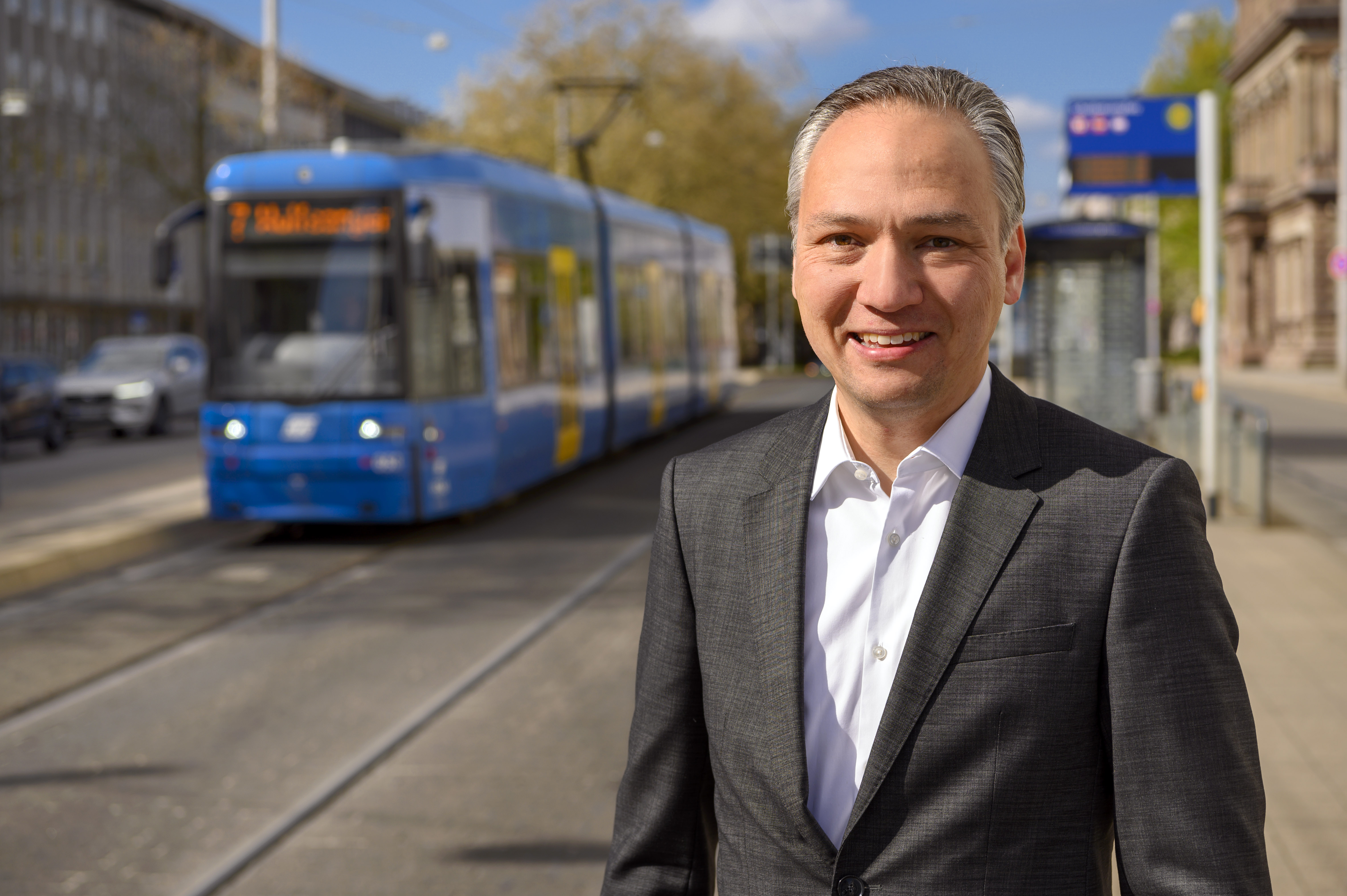
Heiko Lindner, a graduate economist, began his professional career in 2006 at Verkehrsverbund Berlin-Brandenburg GmbH in the Fare & Sales department. From 2008 to 2023, he held various management and leadership positions in passenger transport at Deutsche Bahn AG, including at DB Regio AG, in Group Strategy, at DB Vertrieb GmbH and S-Bahn Berlin GmbH – always with a focus on fares, sales and marketing. Since 2023, Heiko Lindner has been Authorized Signatory and Head of Sales and Marketing at Kasseler Verkehrs-Gesellschaft AG (KVG) and Managing Director of the KVG subsidiary RegioTram GmbH. In this role, he is responsible for sales channels and technology, fares, revenue and complaints management, ticket verification and marketing at KVG.
Powering Up Sales by Adding “Digital” to the Mix
KVG (Kasseler Verkehrsgesellschaft AG) operates Kassel’s streetcars and buses. When Michael Schröder and Heiko Lindner launched their mission at KVG, their starting point was a highly traditional transit agency that relied on analog sales. With the aim of modernizing sales channels and making them more digital, they have initiated a series of bold changes – including promoting independence, exclusively cashless sales, the inclusion of new means of mobility, as well as cross-selling within the municipal utility network. All changes are planned and introduced in harmony with city policy and in close coordination the various stakeholders. Join the two on an exciting and innovative journey at the HanseCom Forum.
Head of Retail, National Express Ltd, UK Omnichannel Retailing in Transit: Creating solutions to drive loyalty and seamless journeys

As Head of Retail at National Express, I lead the commercial, technological, operational, and strategic lifecycle across all retail touchpoints for both the UK Coach and National Express Bus businesses. With extensive experience spanning road and rail, I have worked on both sides of the industry, for transport operators and for technology suppliers supporting retail systems, giving me a unique perspective on how to deliver solutions that truly work in practice.
My focus is on defining and driving retail and payments strategy with a customer first mindset, making it easier for customers to buy, innovating with new technologies and functionality, whilst creating best-in-class retail experiences. By combining commercial rigour with innovation, I aim to reduce complexity and cost while attracting more people to choose public transport as their preferred way to travel.
Omnichannel Retailing in Transit: Creating solutions to drive loyalty and seamless journeys
Passenger expectations are evolving, today there is increasing expectation on agencies to provide more than a ticket, they expect choice, convenience, and experiences that rival the best of retail.
This session will explore how National Express Bus have been unlocking growth by embracing and delivering omnichannel retail solutions to reduce friction, attract new passengers, and turn everyday trips into repeat, loyal journeys.
The session will showcase how innovative retail solutions have been implemented across National Express Bus, delivering commercial value for the operator whilst establishing a basis from which to exceed customer expectations and do so across different demographics. All with the intention of changing behavior, creating seamless, connected journeys that not only attract customers but keep them coming back.
Operations Manager, Head of Transport Center, Stadtwerke Hamm, Germany From Paper to Platform. Our Path to Digital Impact: Goals, Common Pitfalls and Hard Learnings
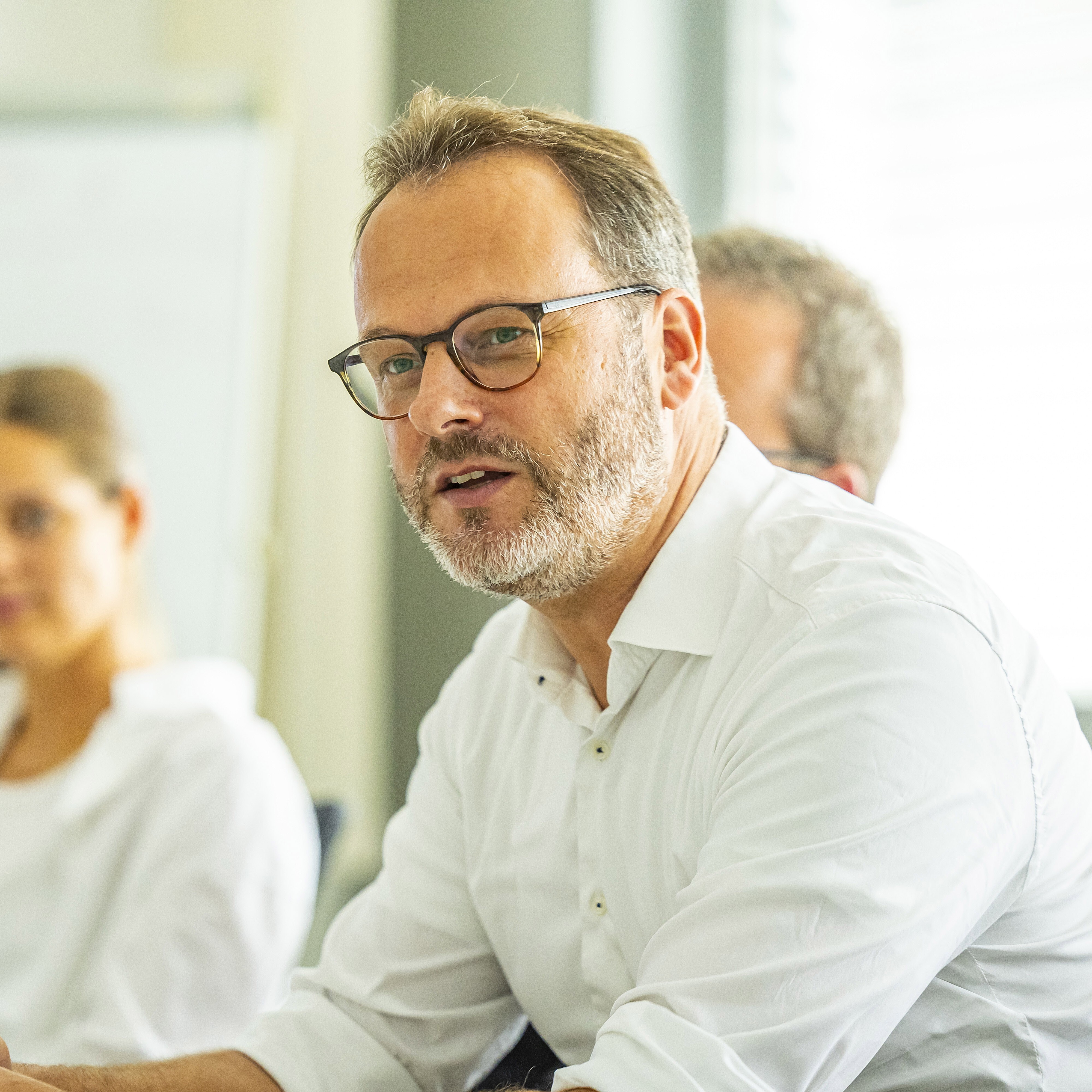
Steffen Müller (47) is operations manager at the Stadtwerke Hamm transit agency. Previously, he shaped the Nordhessischer Verkehrsverbund (NVV) for many years, most recently as Managing Director, with a focus on public transport expansion, including the comprehensive hourly bus service entitled “Every village – every hour.” He successfully negotiated an increase in basic funding for the NVV of around 40% to secure a stable budget for implementing the transport transition in northern Hesse. As project manager in Hamm, he is responsible for the introduction of the first hydrogen buses and the switch to 10-minute intervals – two key steps towards improved climate protection and service quality. Firmly at home in the world of transport networks, he is now focusing on operational aspects that are imperative for the transport transition to succeed. He is a certified transport manager in accordance with Regulation (EC) 1071/2009 and acts as a “public transport interpreter” between passengers, employees, politicians and partners.
From Paper to Platform. Our Path to Digital Impact: Goals, Common Pitfalls and Hard Learnings
Managing Director, DILAX Intelcom GmbH, Germany From counting to understanding: how passenger data is being rethought
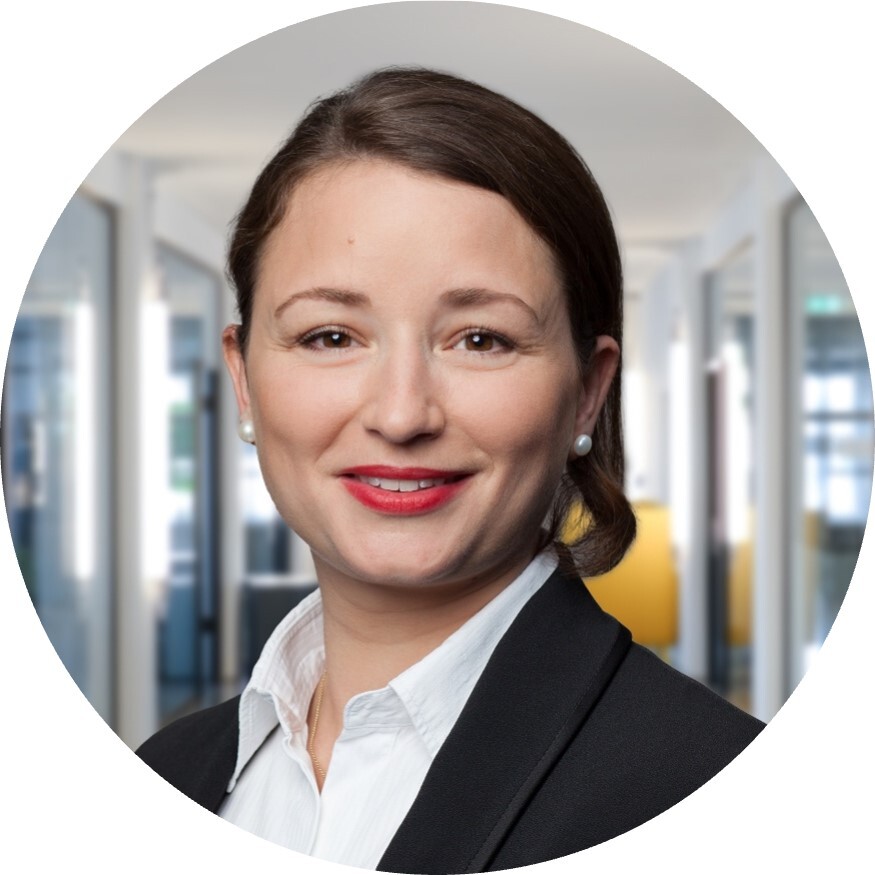
Katerina Pekarek studied Law & Economics in the United Kingdom, and Law & Jurisprudence in the Czech Republic. Subsequently, she took the state examination to qualify as a German attorney and practiced international commercial law mainly in the field of automotive and machinery for the subsequent decade.
Between 2020-2025, Katerina Pekarek was a member of the general management of iris-GmbH infrared & intelligent sensors as General Counsel and Proxy helping to shape the future of a world leader in people counting sensors.
Since November 2025, having gone from “sensors” to “sense”, she leads DILAX as managing director and focuses on supporting customers in making sense of the data and unlocking its true potential.
From counting to understanding: how passenger data is being rethought
Chairman of the Management Board, VBK – Verkehrsbetriebe Karlsruhe, Germany Participant in the panel discussion
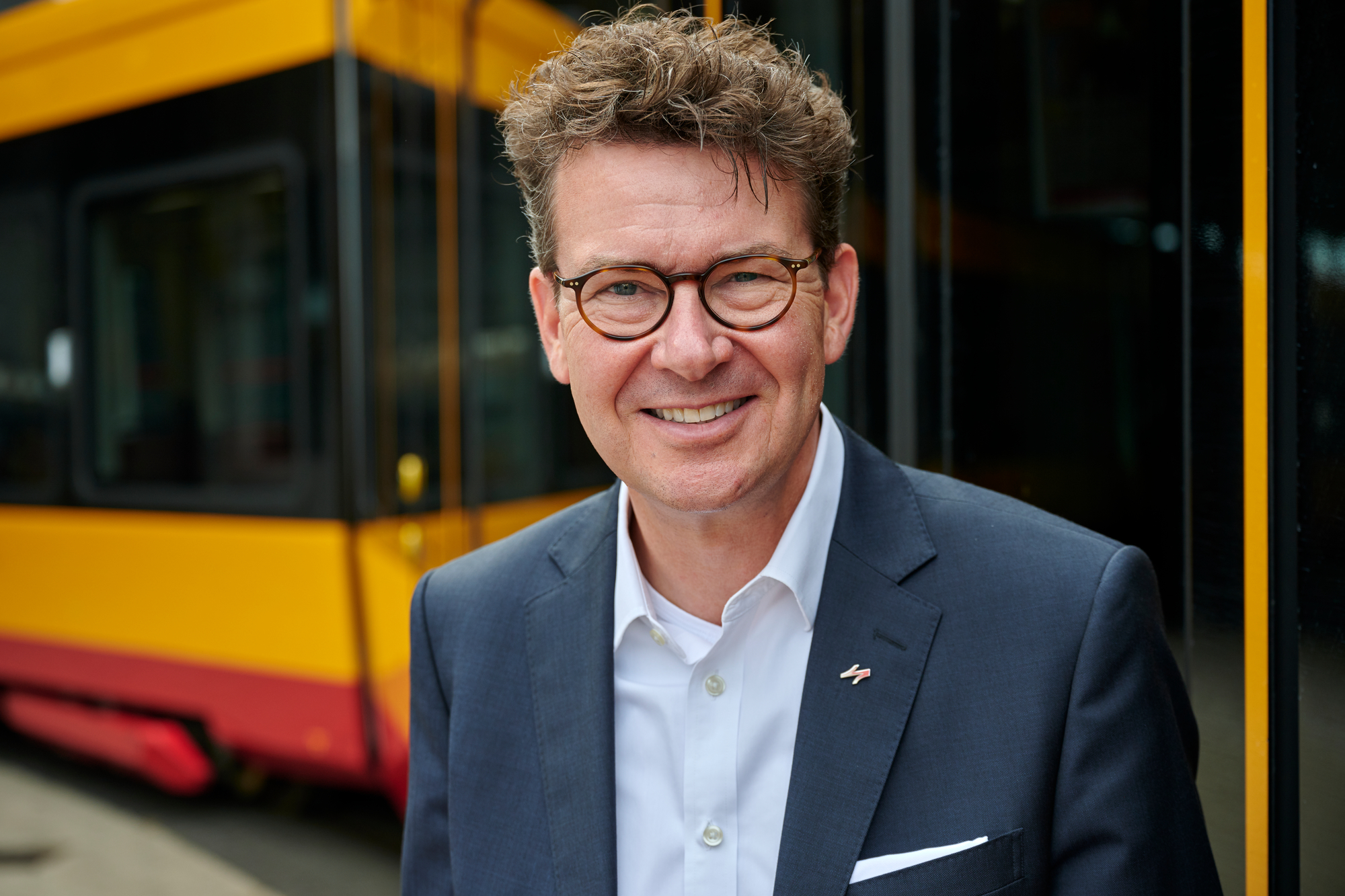
Prof. Dr. Alexander Pischon (58) studied economics at the universities of Berlin and Heidelberg and graduated with a degree in economics in 1993.
Following his doctorate at Heidelberg University and various national and international positions at ABB and Deutsche Bahn, Prof. Dr. Pischon took up his current positions as Chairman of the Management Board of Verkehrsbetriebe Karlsruhe GmbH (VBK), Albtal-Verkehrs-Gesellschaft mbH (AVG), Karlsruher Schieneninfrastruktur-Gesellschaft mbH (KASIG), Karlsruher Verkehrsverbund GmbH (KVV) and as Managing Director of the holding company, Karlsruher Versorgungs-, Verkehrs- und Hafen GmbH (KVVH).
Since 2019, he has been active in various public transport industry associations for Karlsruhe, as Chairman of the VDV Baden-Württemberg regional group, as a member of the VDV Presidium at the federal level and as a member of the Policy Board of the UITP international industry association. In addition, he has been giving lectures on competition, planning and financing in public transportation at KIT for several years and has been awarded an honorary professorship for his contribution.
Participant in the panel discussion
Business Development Manager, INIT MSS Charge Smarter, Not Harder – How to Save Electricity Costs through Smart Charging
Board member, Kasseler Verkehrs-Gesellschaft Aktiengesellschaft (KVG), Germany Powering Up Sales by Adding “Digital” to the Mix
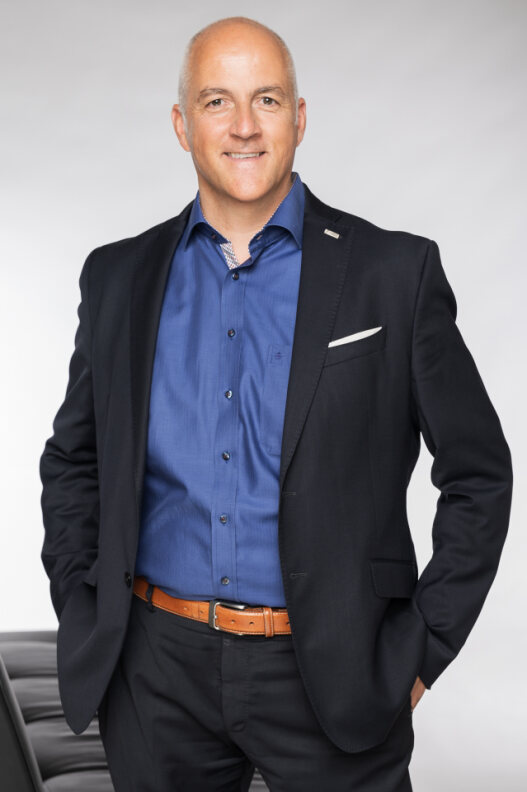
Powering Up Sales by Adding “Digital” to the Mix
KVG (Kasseler Verkehrsgesellschaft AG) operates Kassel’s streetcars and buses. When Michael Schröder and Heiko Lindner launched their mission at KVG, their starting point was a highly traditional transit agency that relied on analog sales. With the aim of modernizing sales channels and making them more digital, they have initiated a series of bold changes – including promoting independence, exclusively cashless sales, the inclusion of new means of mobility, as well as cross-selling within the municipal utility network. All changes are planned and introduced in harmony with city policy and in close coordination the various stakeholders. Join the two on an exciting and innovative journey at the HanseCom Forum.
Business Development Manager, Spokane Transit Authority (STA), USA Transforming Institutional Engagement Through the STA Connect Mobile App

Dainon Setzer is a strategic leader with over 15 years of experience in customer experience, business development, and service innovation across public and private sectors. Currently at Spokane Transit Authority, he leads key initiatives to grow ridership and enhance customer engagement through technology and partnership development. Dainon drives STA’s CRM and pass program strategies, including the successful launch and adoption of the STA Connect App, which modernizes fare payment and improves transit accessibility. His background spans complex portfolio management, digital product delivery, and cross-functional leadership focused on transforming public transit experiences.
Transforming Institutional Engagement Through the STA Connect Mobile App
The STA Connect App streamlines fare management for individual riders while enhancing engagement and operational efficiency for institutional partners such as universities and employers. This session explores how the app’s cardless boarding, account-based fare system, and partner-focused tools reduce administrative overhead, improve user experience, and enable data-driven decision-making for transit agencies and stakeholders. Attendees will learn how digital solutions can modernize public transit operations and drive greater ridership.
State Secretary at the Federal Ministry of Transport Digital and Connected Mobility in Urban and Rural Areas
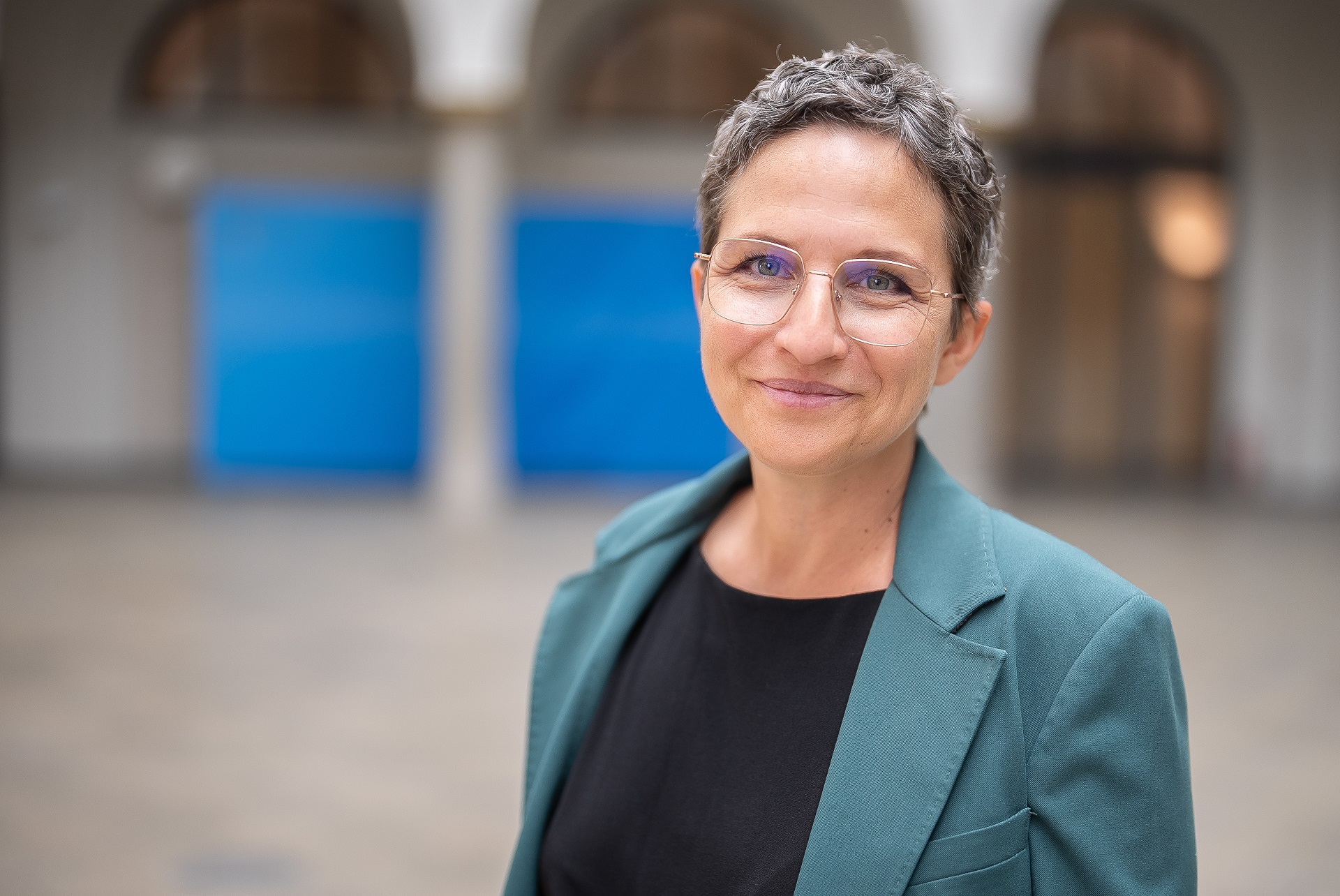
Professional Background
Born in Solingen in 1976
1996 - 2001
Law studies and first state examination in law at Marburg University
2002 - 2004
Practical legal training and second state examination in law at Düsseldorf Higher Regional Court
2004
Doctorate at Marburg University
2004 - 2007
Assistant Head of Division for Air traffic control at the Federal Ministry of Transport, Building and Housing
2007 - 2021
Federal Chancellery, Berlin:
- 2007 - 2009
Federal Ministry of Transport, Building and Urban Development - 2010 - 2011
Desk Officer in the Cabinet and Parliamentary Division, Minute-taker at Federal Cabinet meetings - 2011 - 2015
Private Secretary to the Head of the Federal Chancellery - 2015 - 2018
Head of Division for Family Affairs, Senior Citizens, Women and Youth; Liaison with Welfare Organizations - 2018 - 2020
Head of the Division for Political Planning and Strategic Foresight - 2020 - 2021
Head of the Task Force of the Federal Government Commissioner for Migration, Refugees and Integration
2021 - 2023
Federal Ministry for Digital and Transport: Head of Directorate E1: Innovation, Digitalization, Connectivity
2023 - 2025
State Secretary for Mobility and Transport in the Senate Department for Urban Mobility, Transport, Climate Action and the Environment of Berlin
2025 - 2025
Federal Ministry for Digital and Transport: Head of Directorate G2: Climate Change Mitigation in the Mobility Sector, Environmental Protection
Since May 2025
State Secretary at the Federal Ministry of Transport
Senator for Transport and Mobility Transition of the Free and Hanseatic City of Hamburg, Germany The Mobility Transition as a Game Changer for Shaping the Future of Urban Life
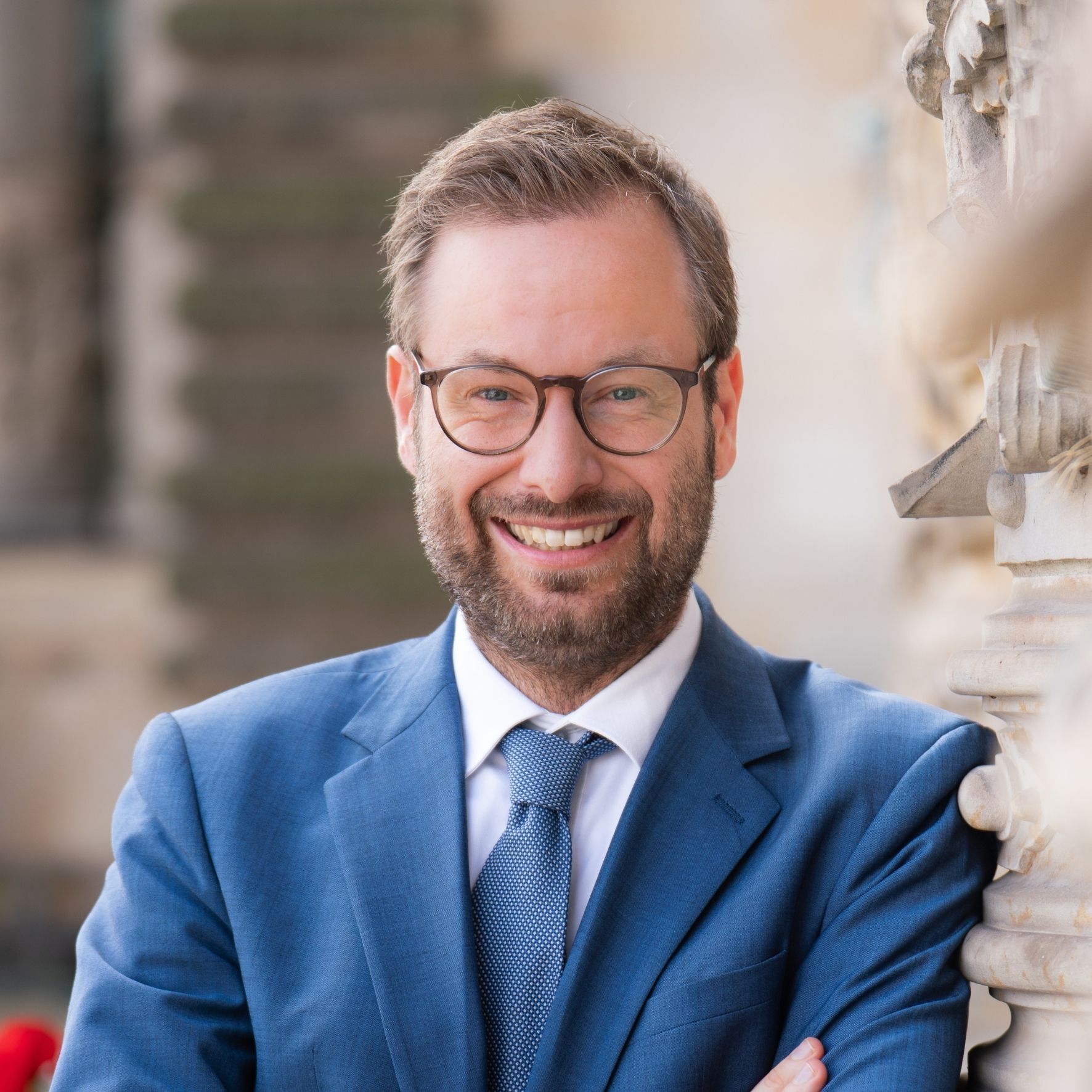
Dr. Anjes Tjarks was born in Hamburg on 12 March 1981. He studied English and Politics, training to be a teacher, and received his doctorate in political science and cognitive linguistics in 2011. Anjes Tjarks has been a member of Bündnis 90/Die Grünen since 1998 and was Deputy State Chairman in Hamburg from 2008 to 2011. Tjarks has been a member of the Hamburg Parliament since 2011. From 2015 to 2020 he was Chairman of the parliamentary group and since 10 June 2020 he has been President of the Authority for Transport and Mobility Transition (in his second term of office since 7 May 2025).
The Mobility Transition as a Game Changer for Shaping the Future of Urban Life
Registration for the HanseCom Forum 2026
The HanseCom Forum
Sharing Experiences in Public Transport
In recent years, the HanseCom Forum has established itself as a platform where public transport decision-makers share experiences and ideas. You can expect a varied conference program with hands-on reports presented by international transit agencies, exciting discussion panels and, of course, ample time for networking.



